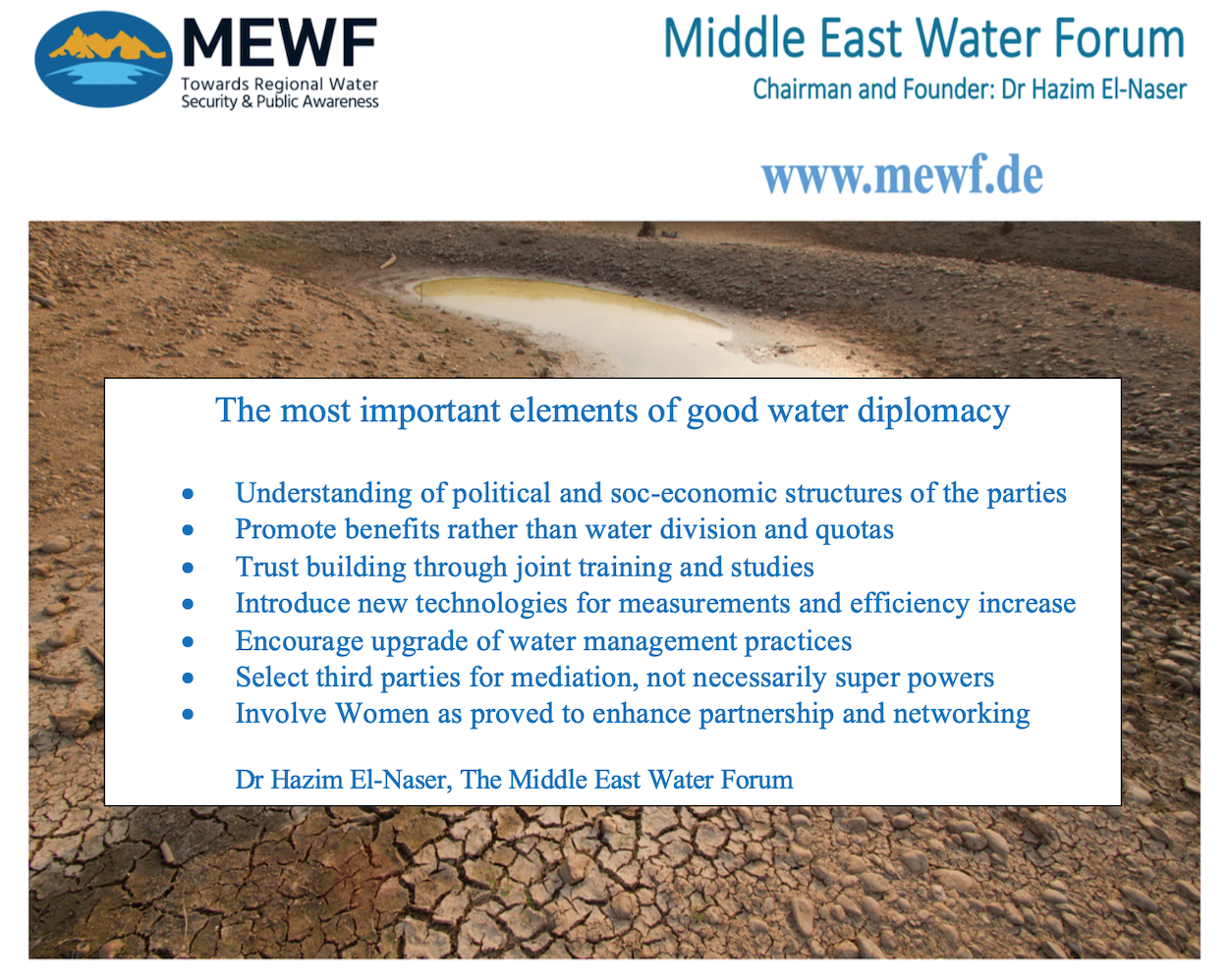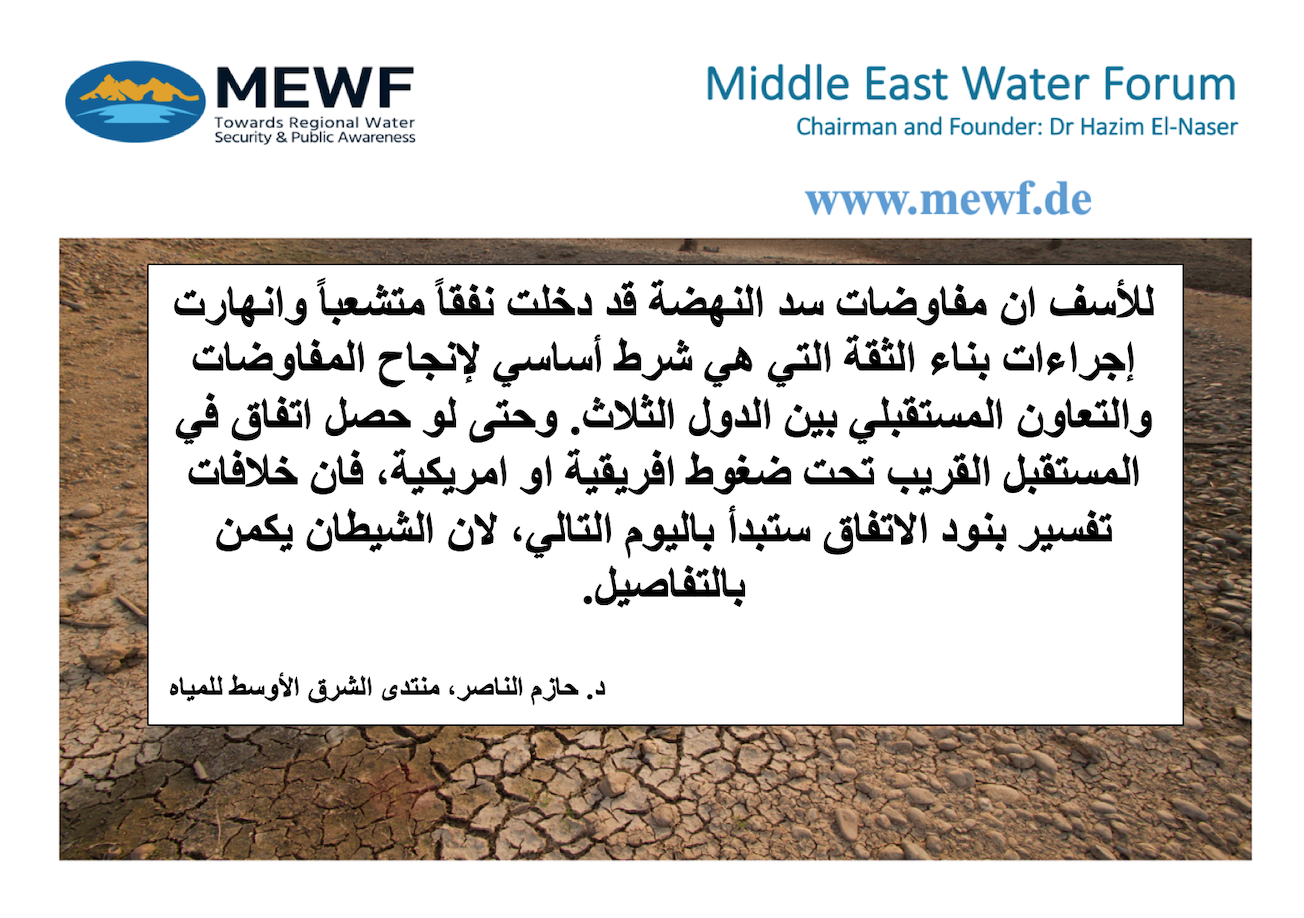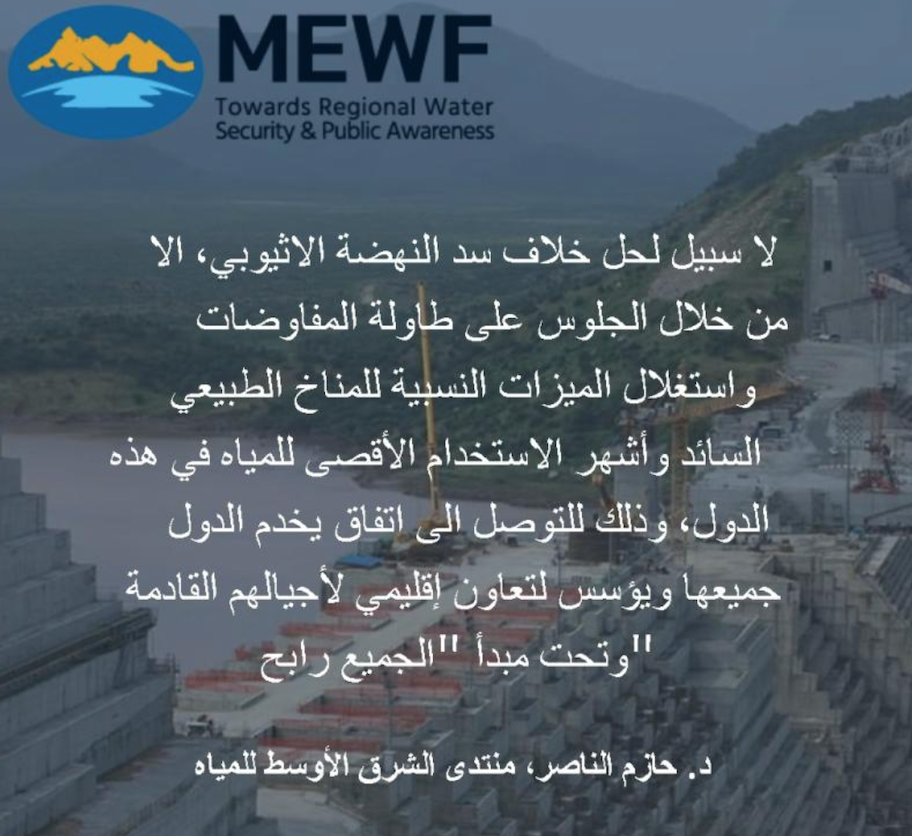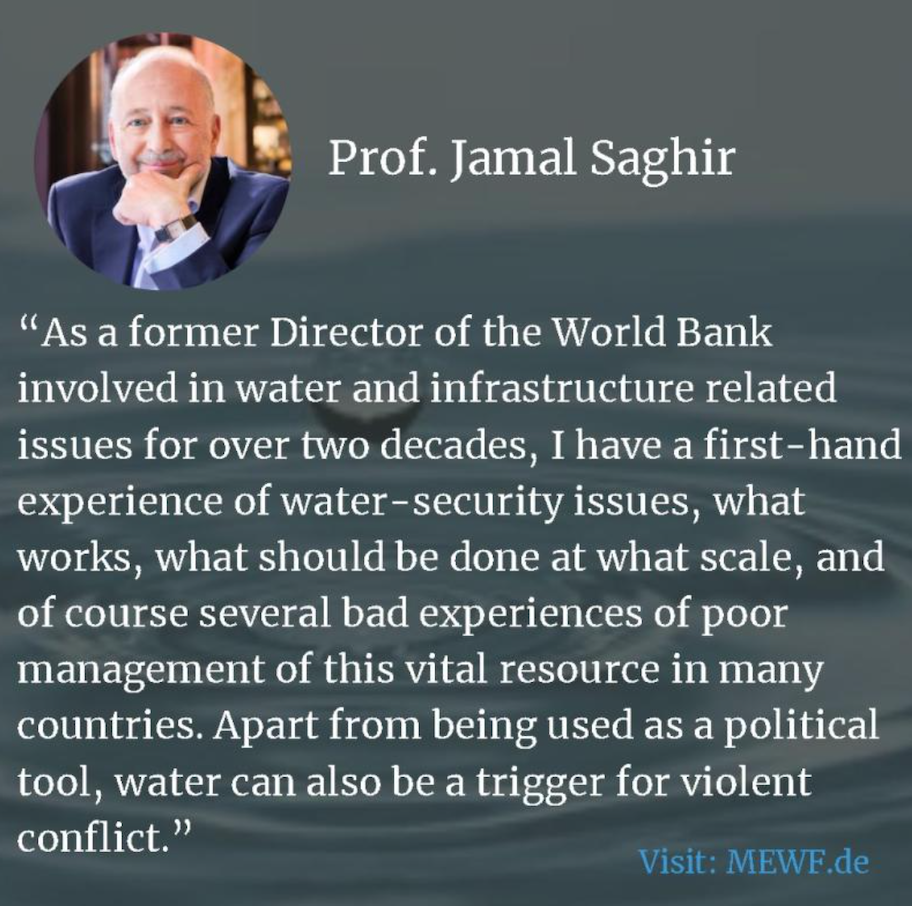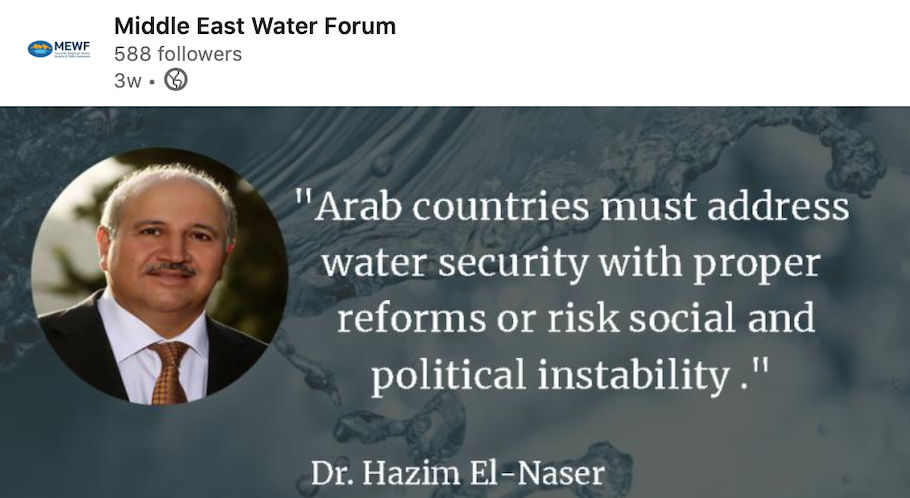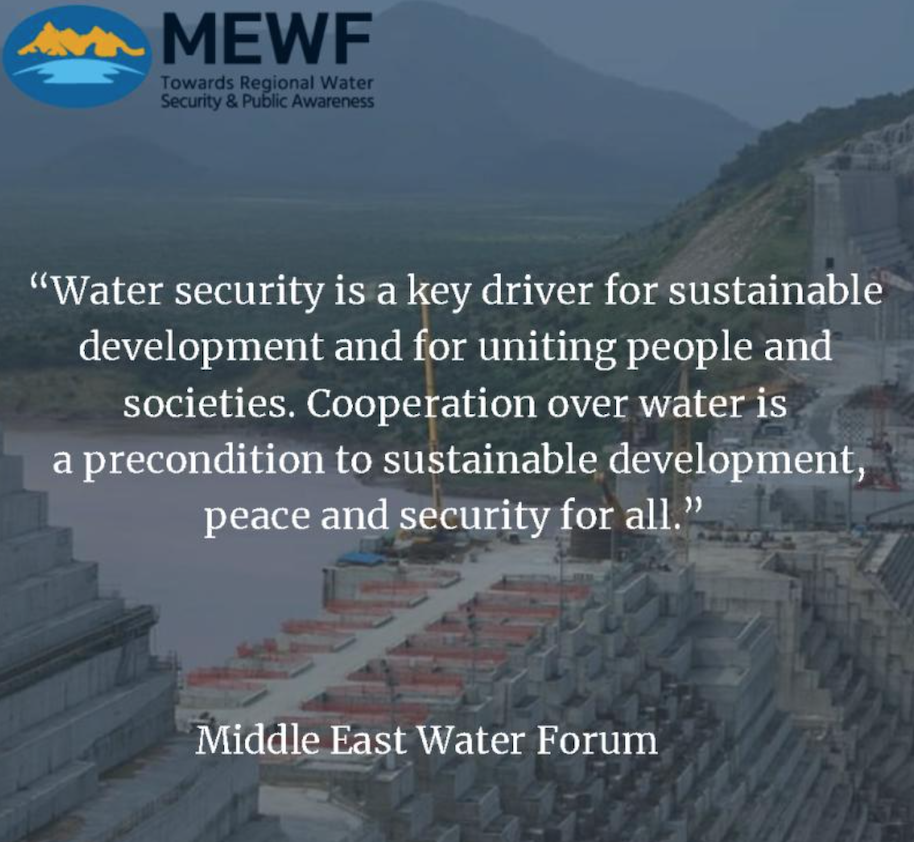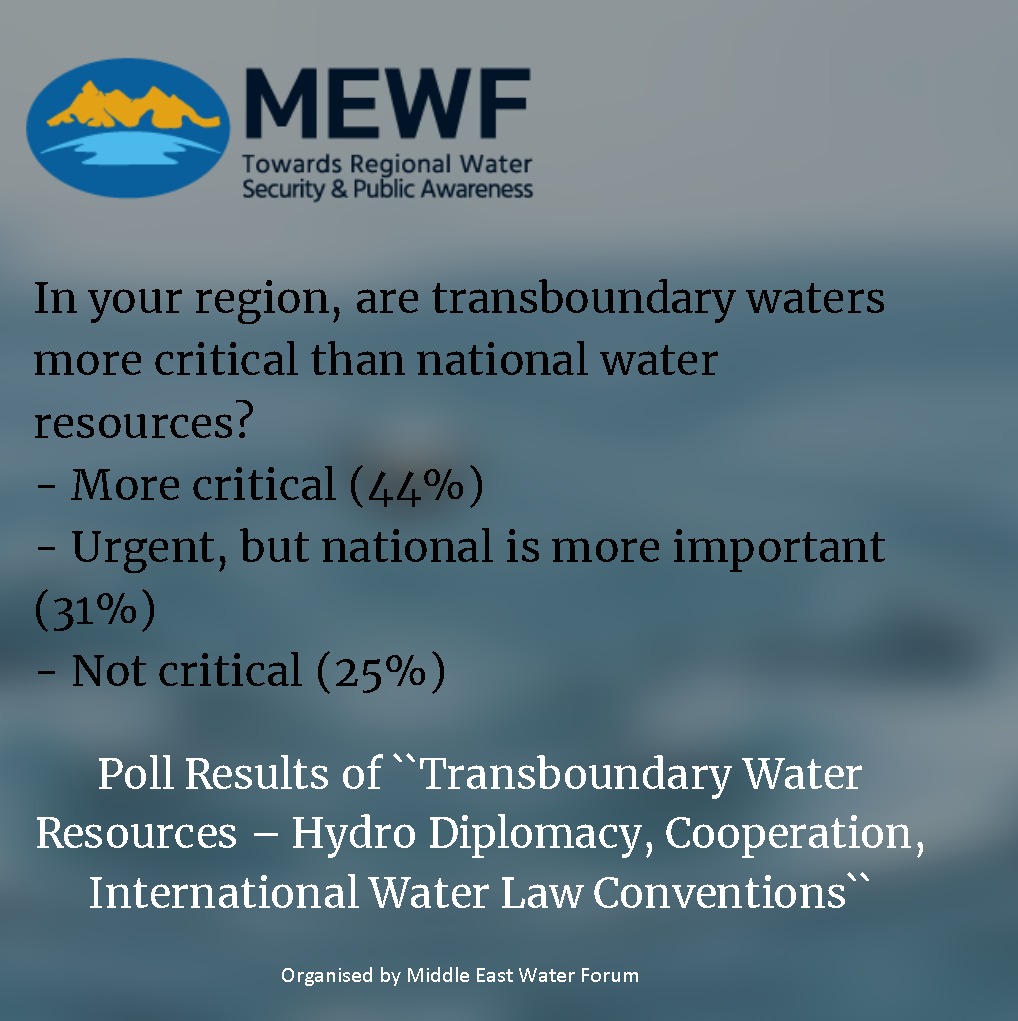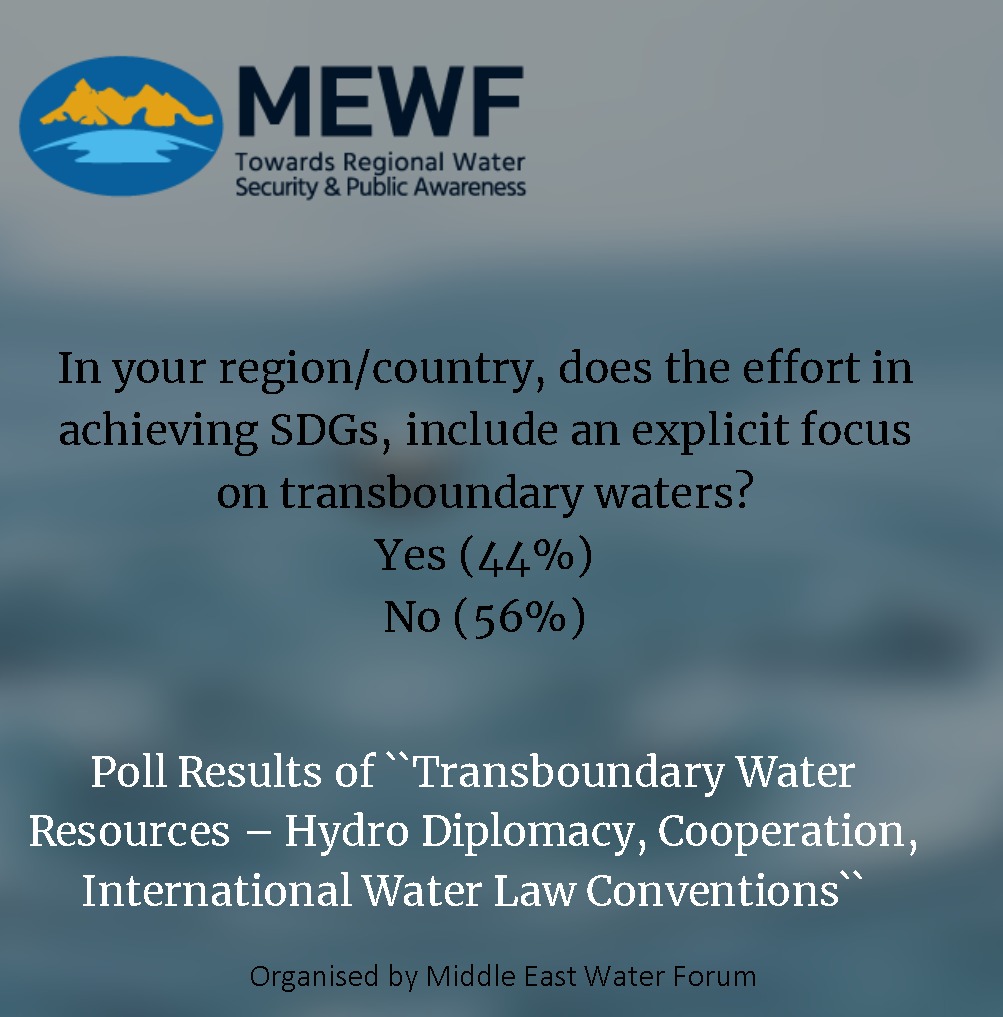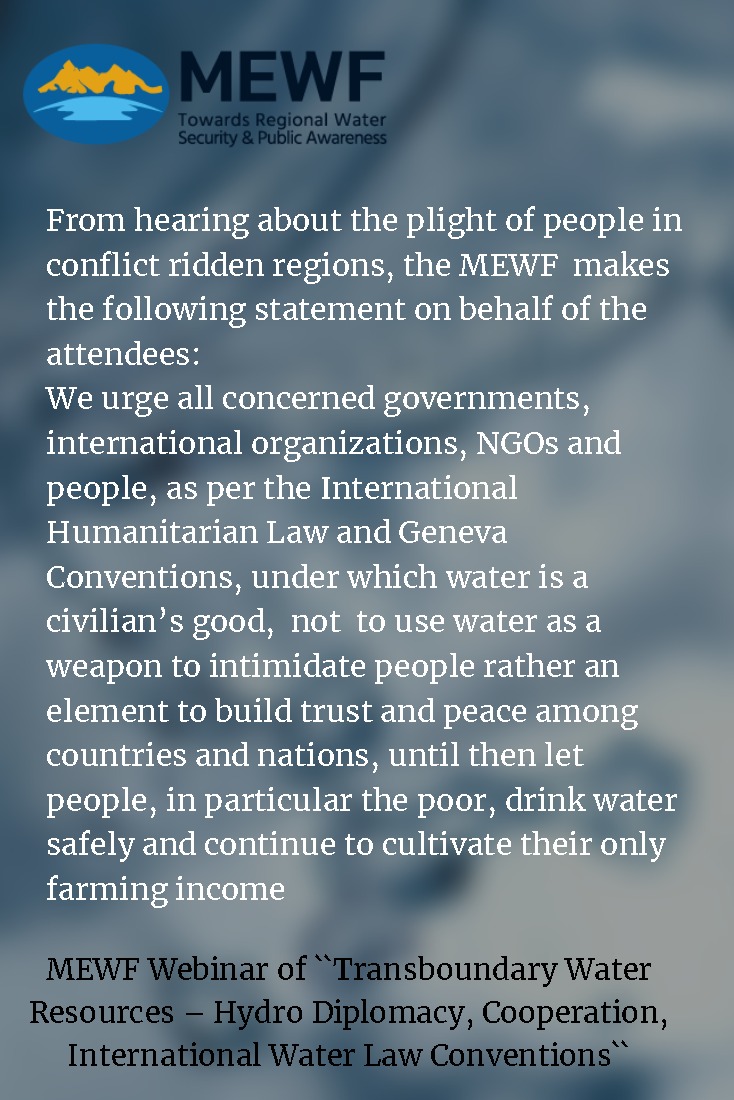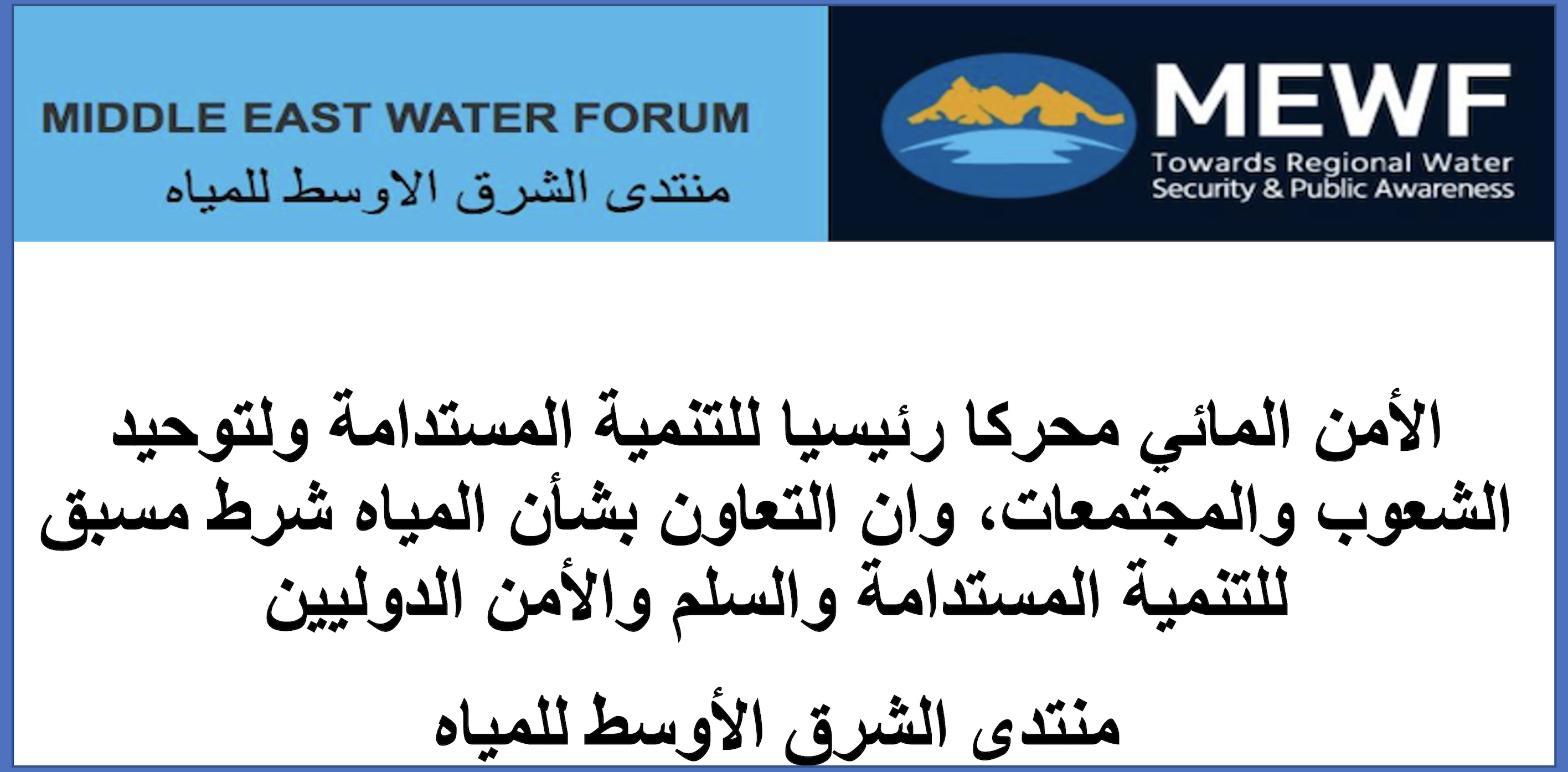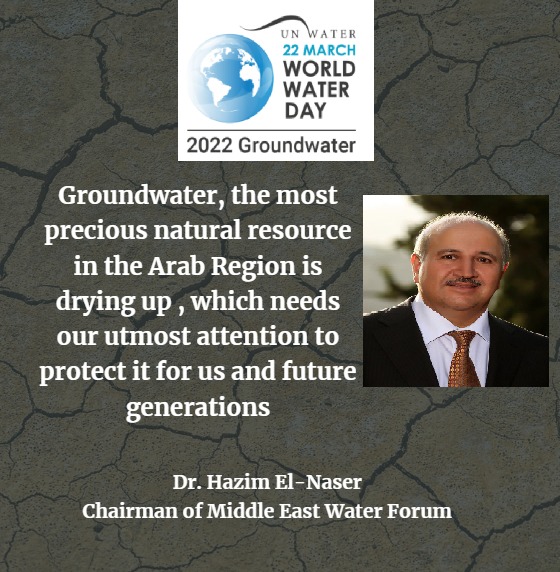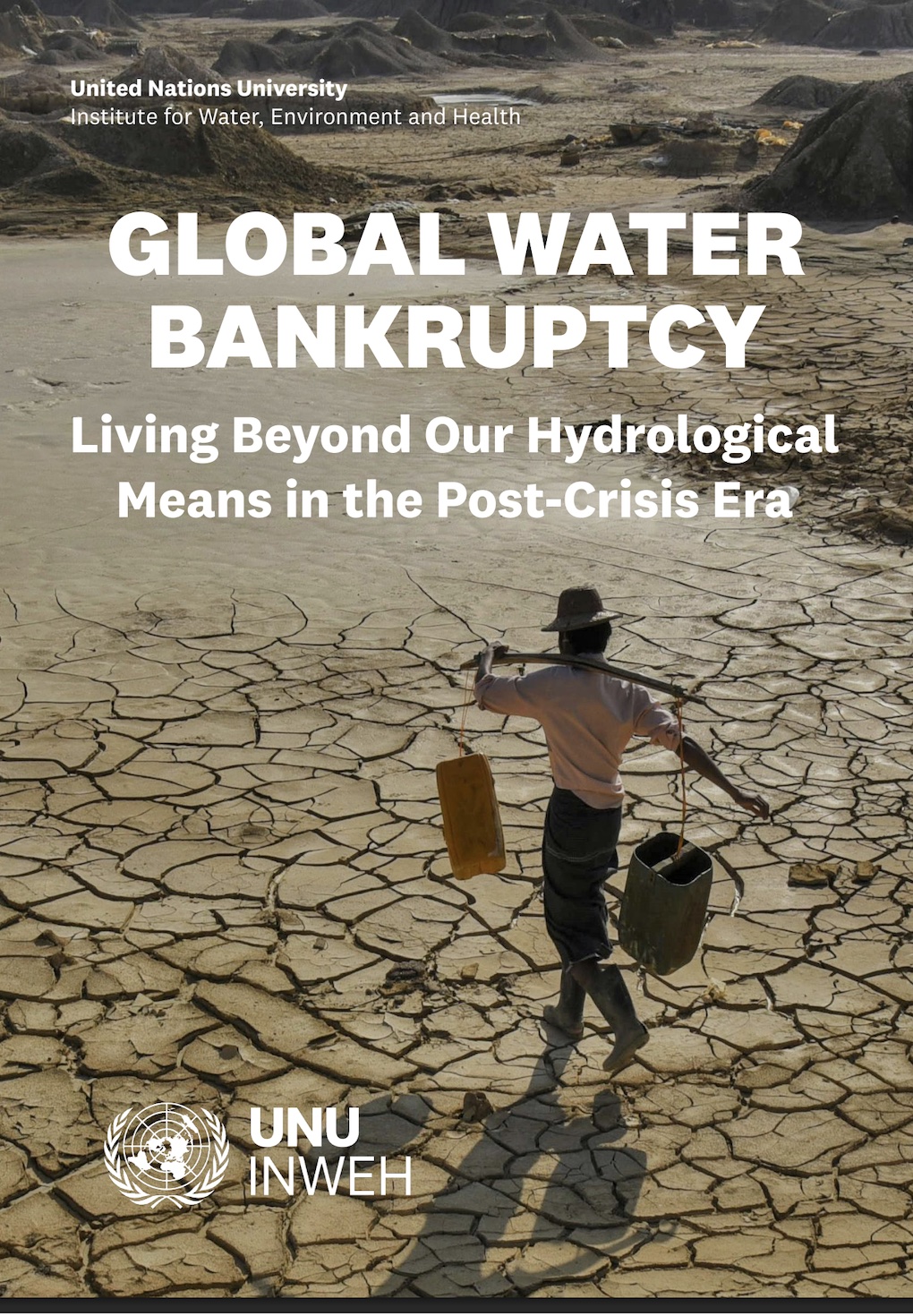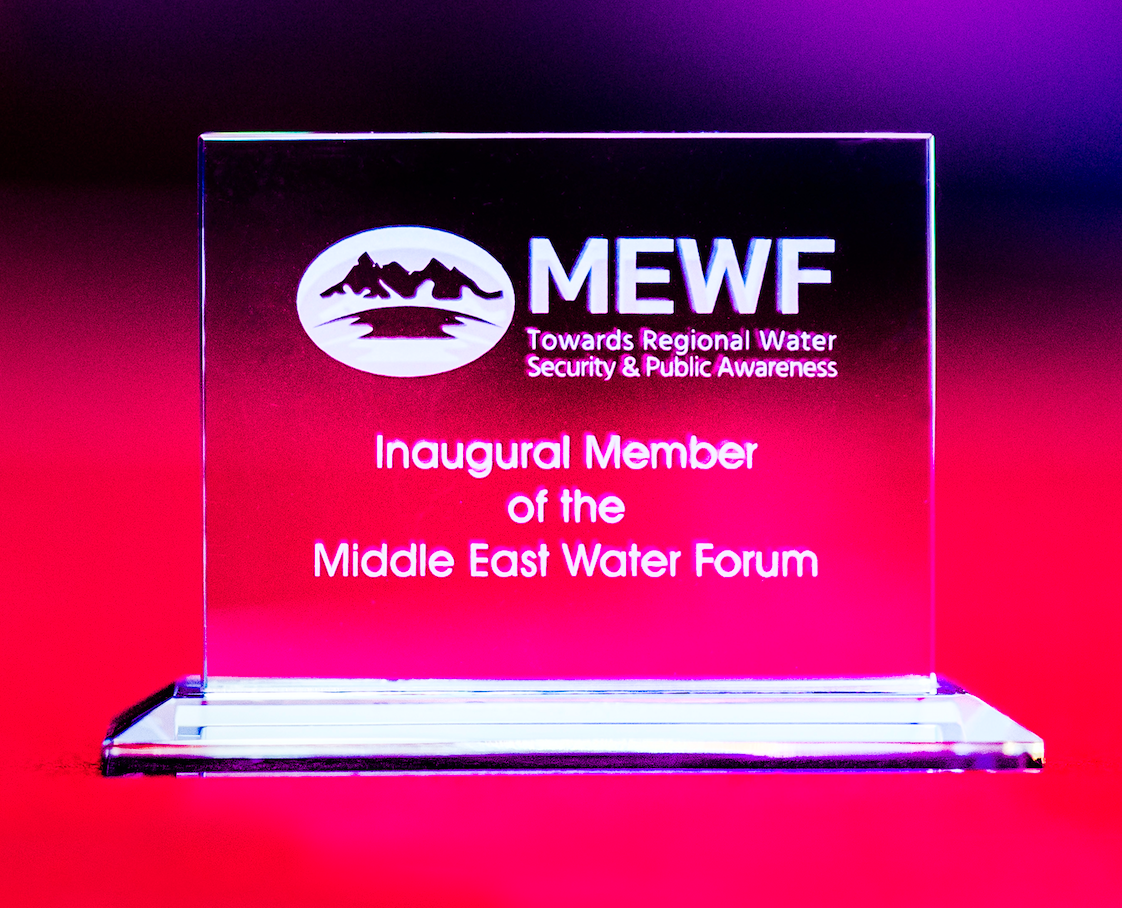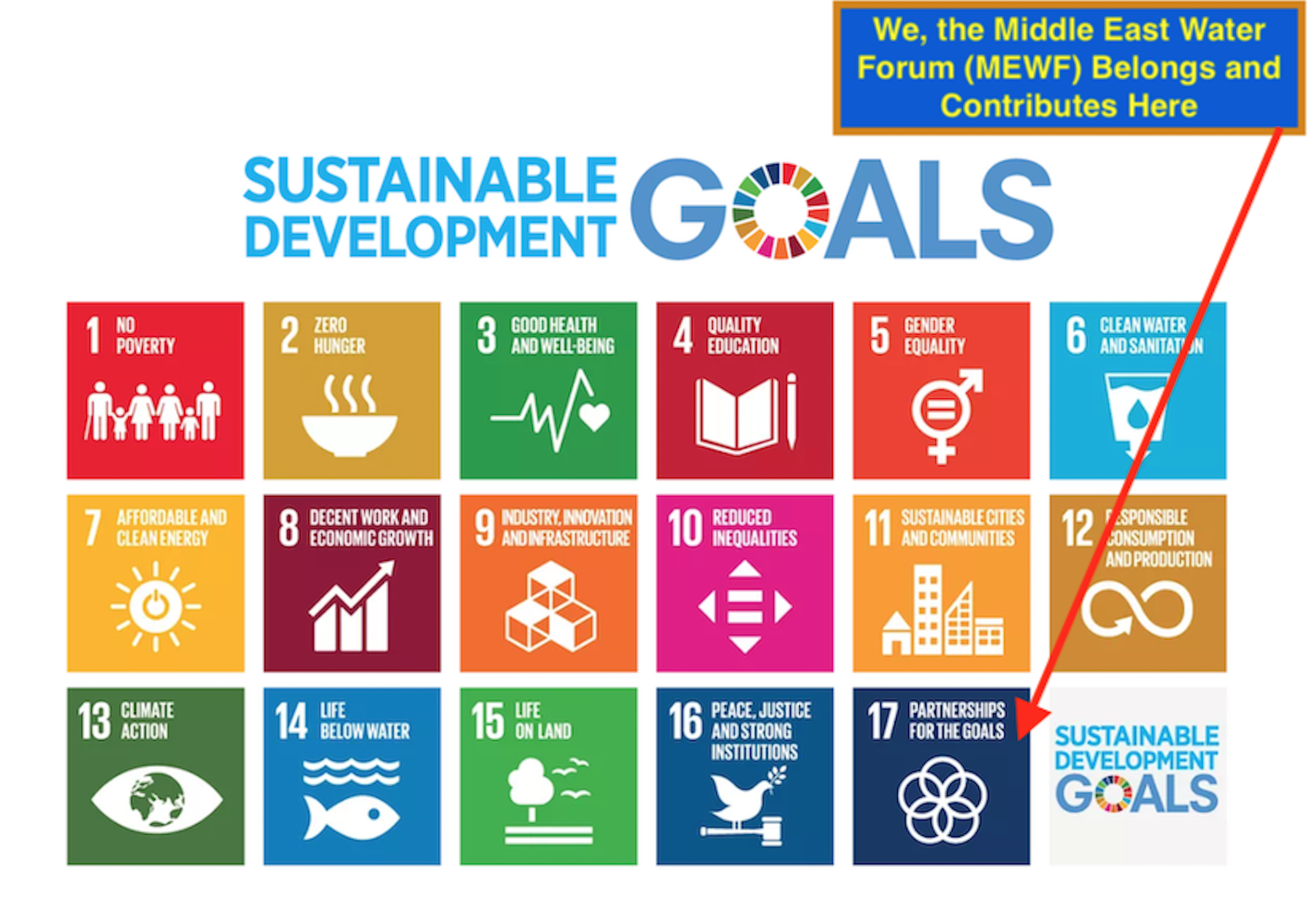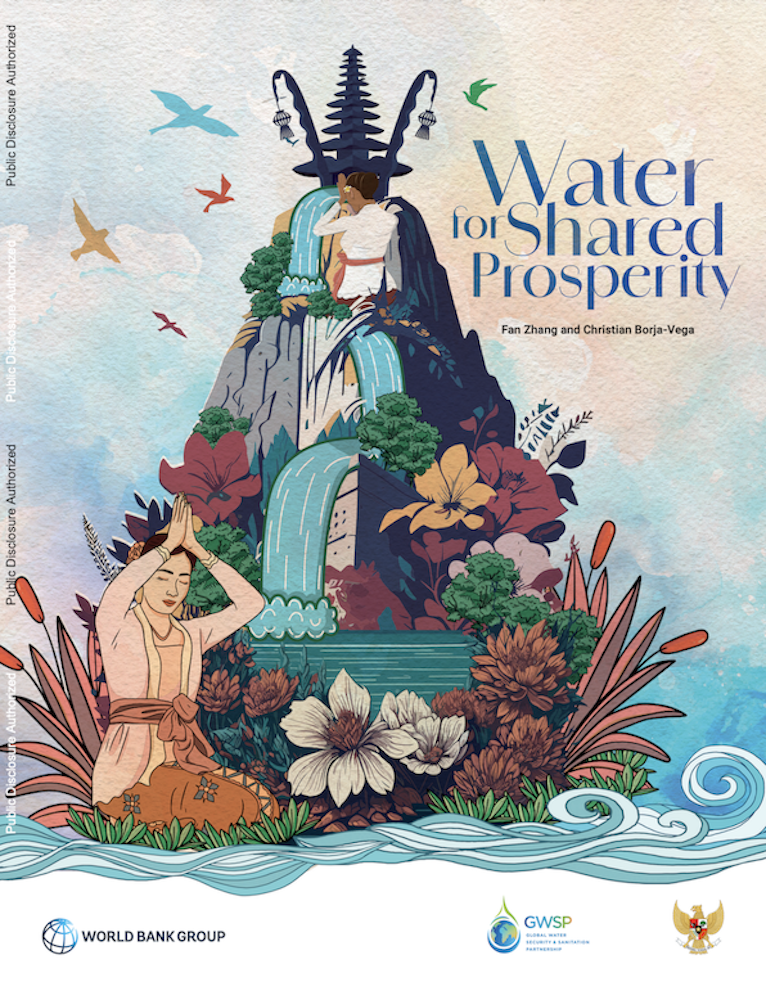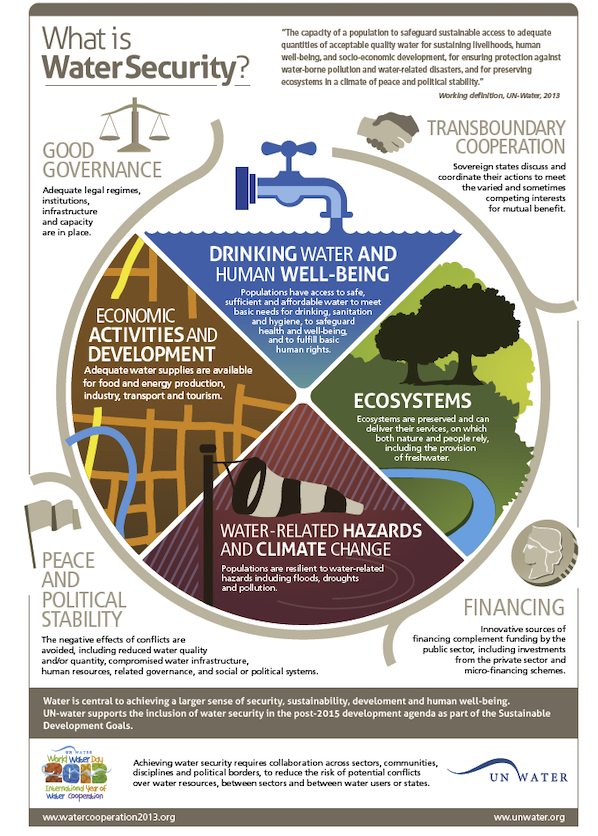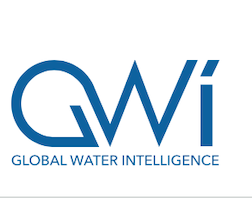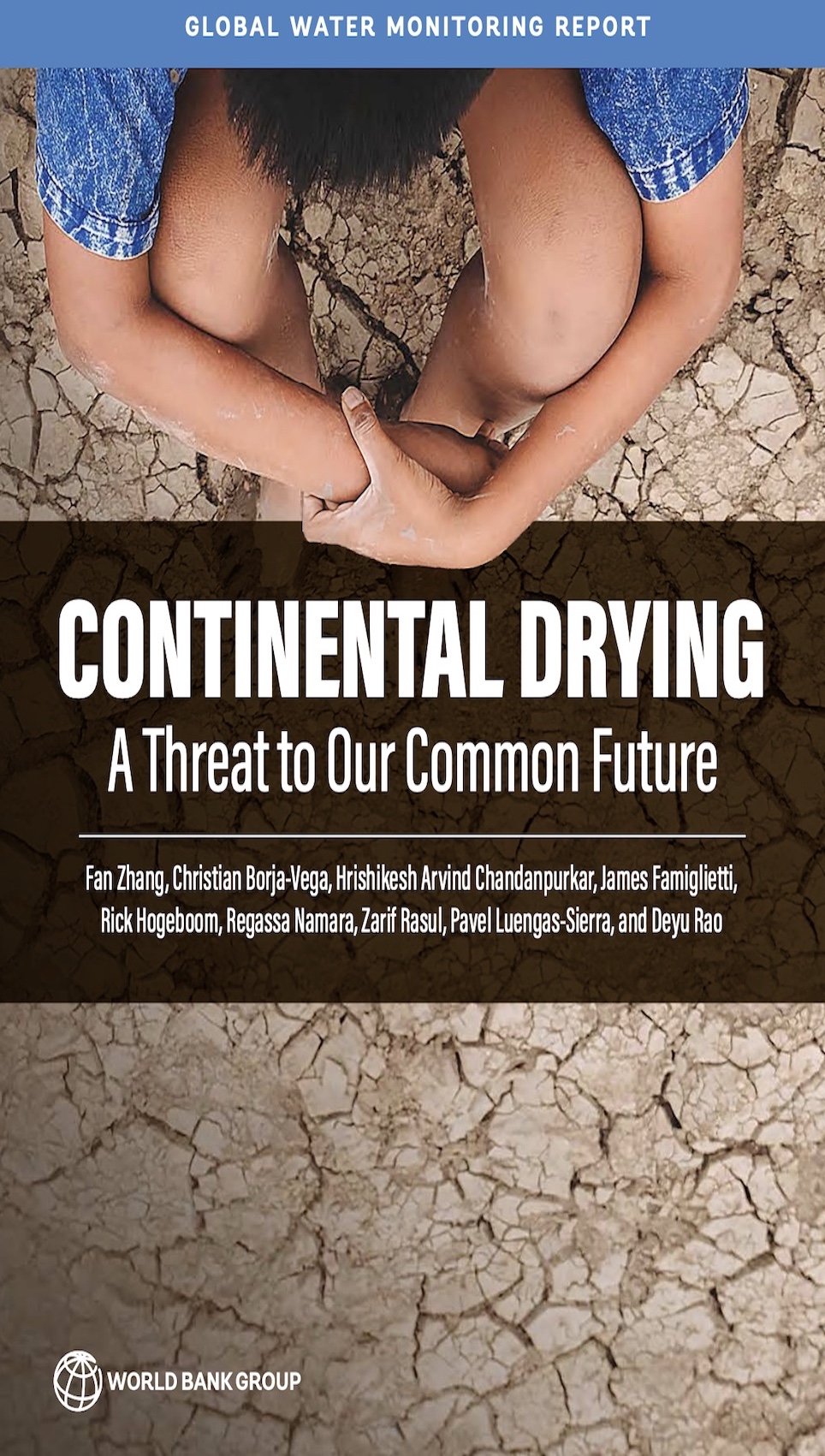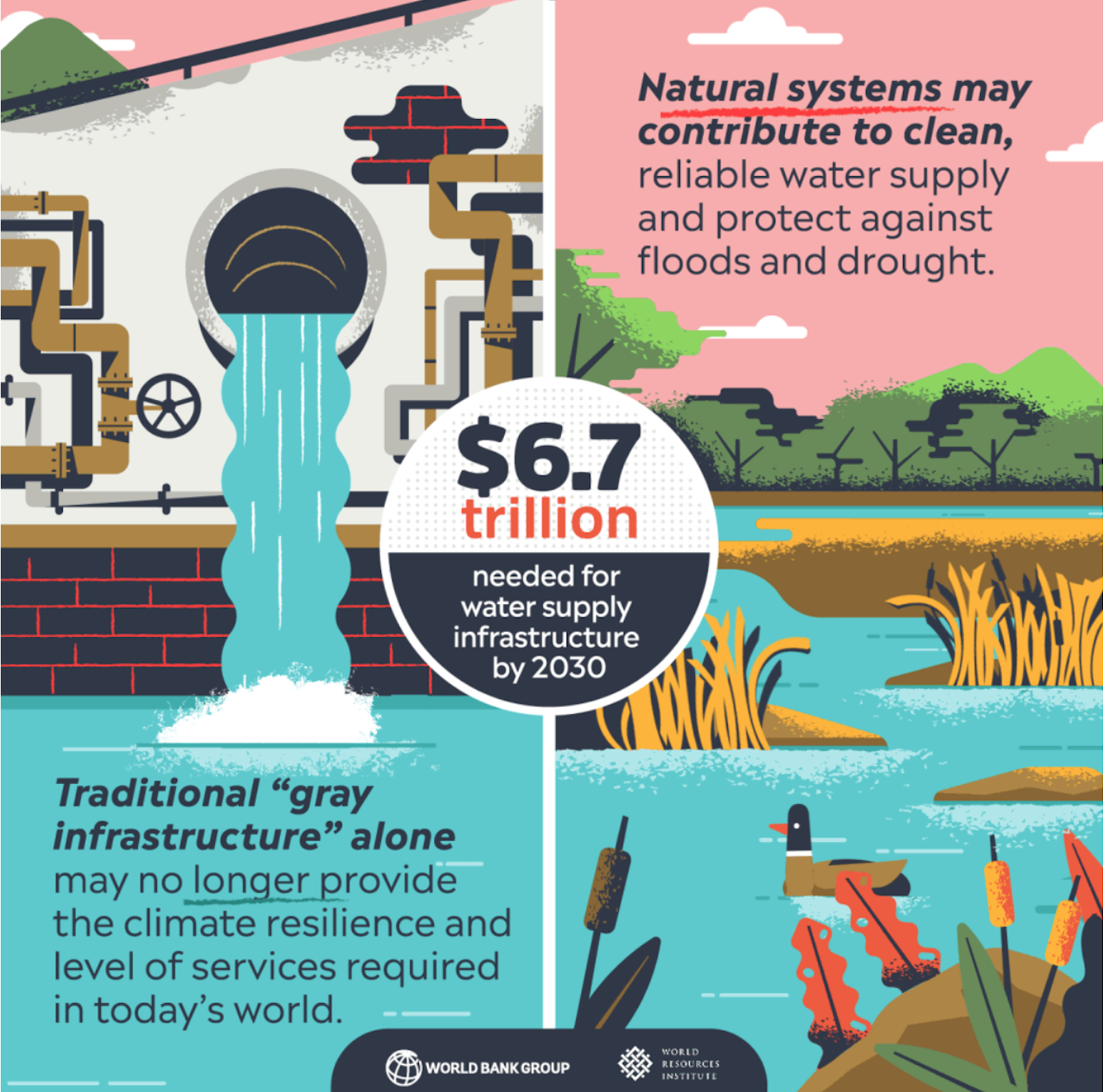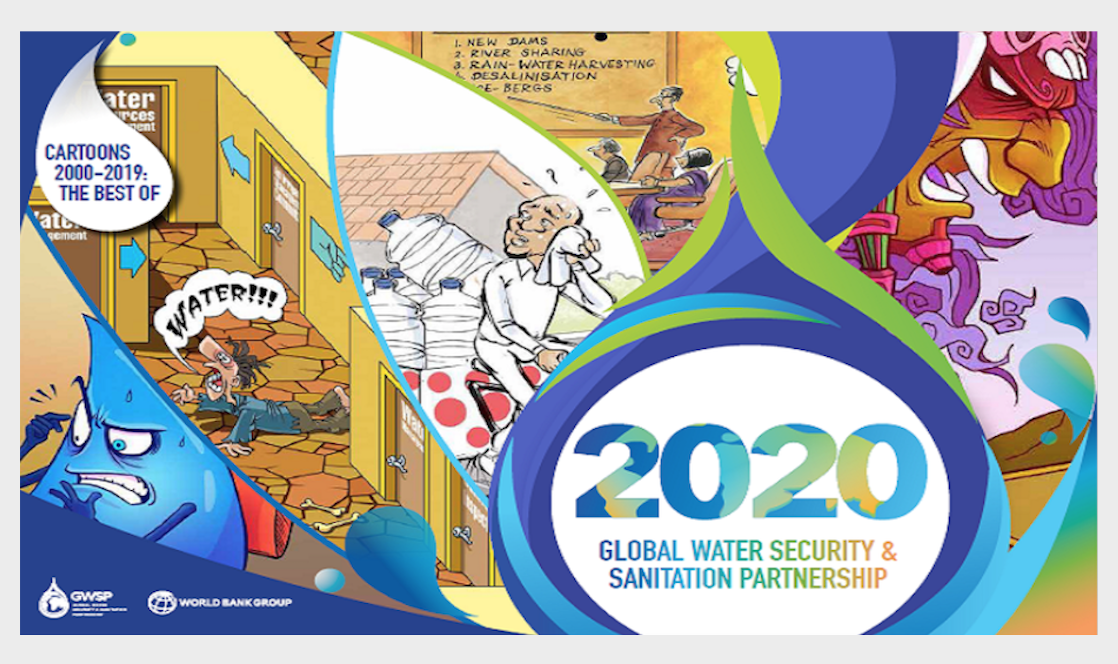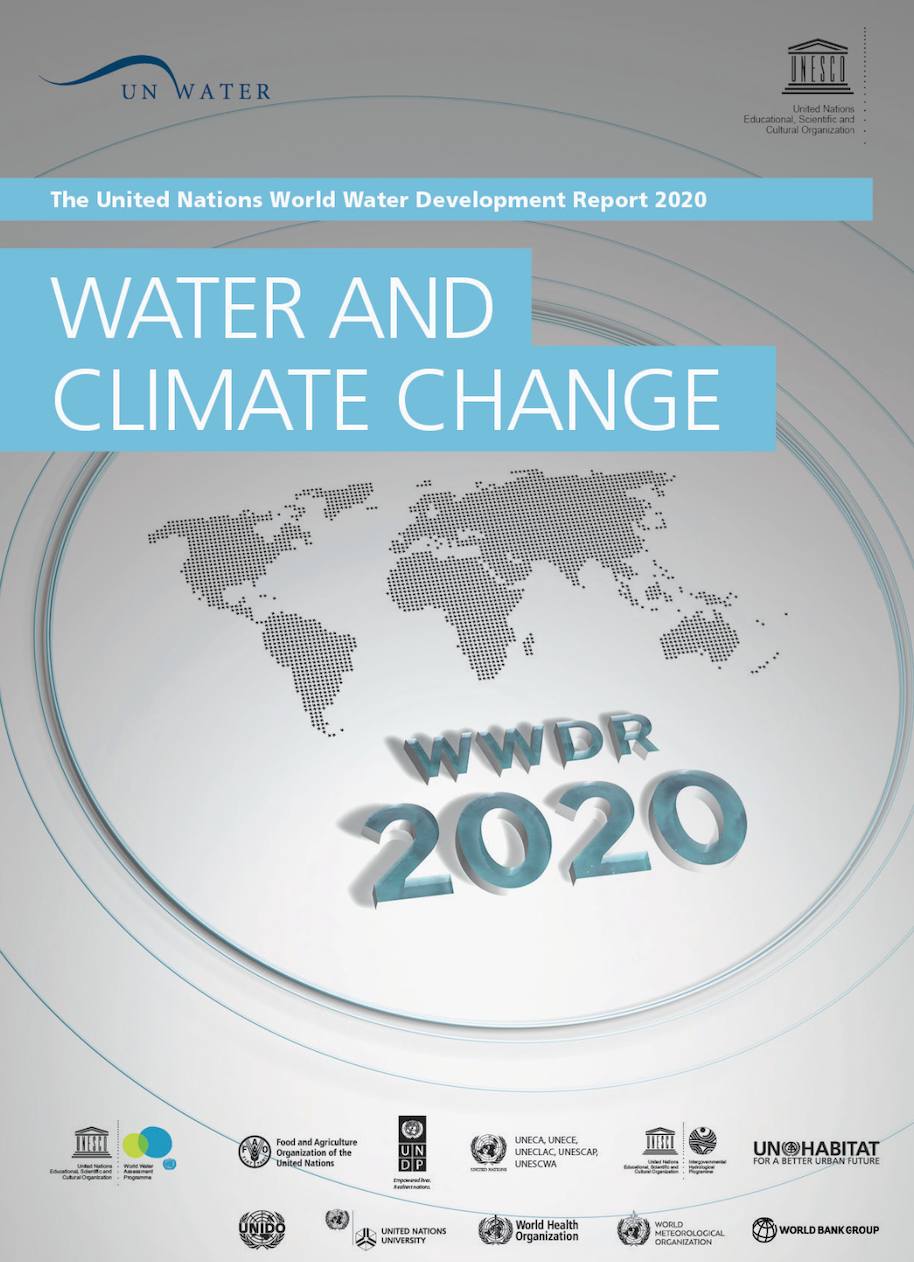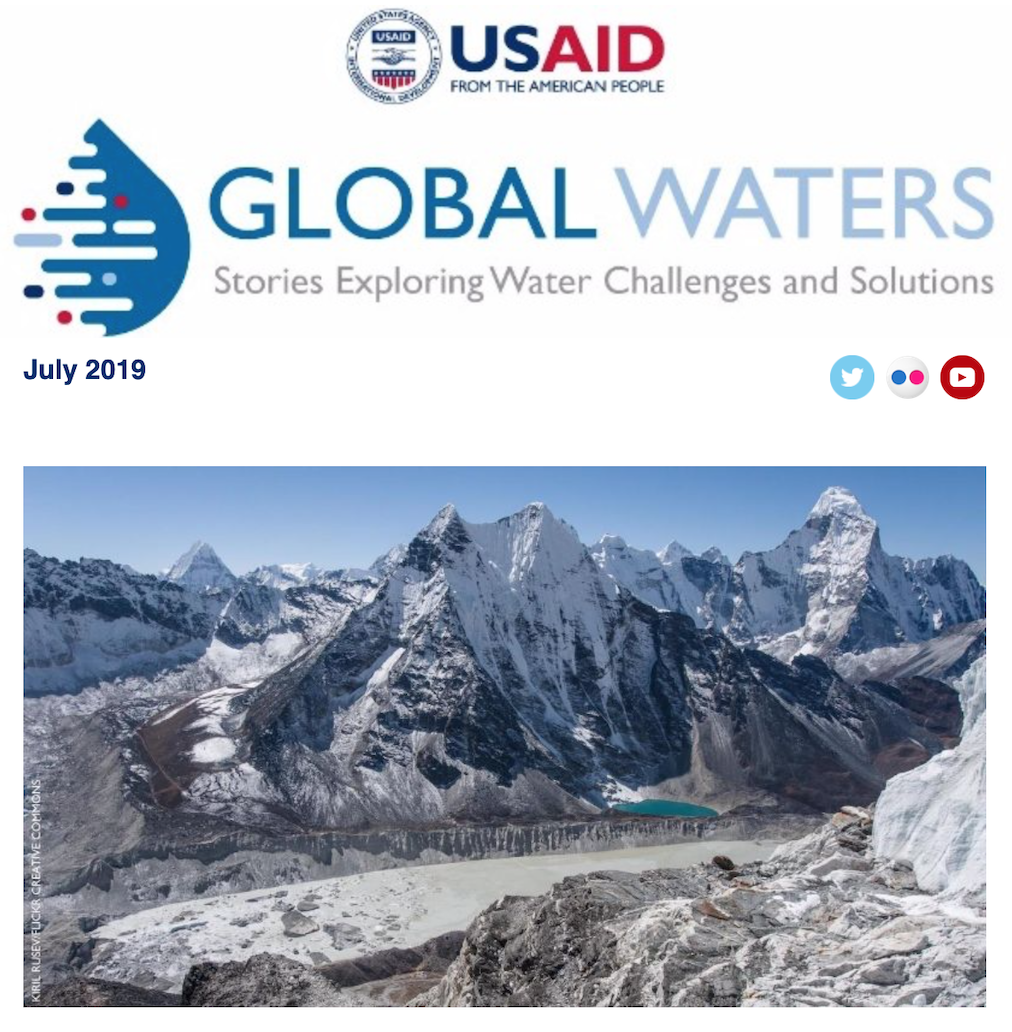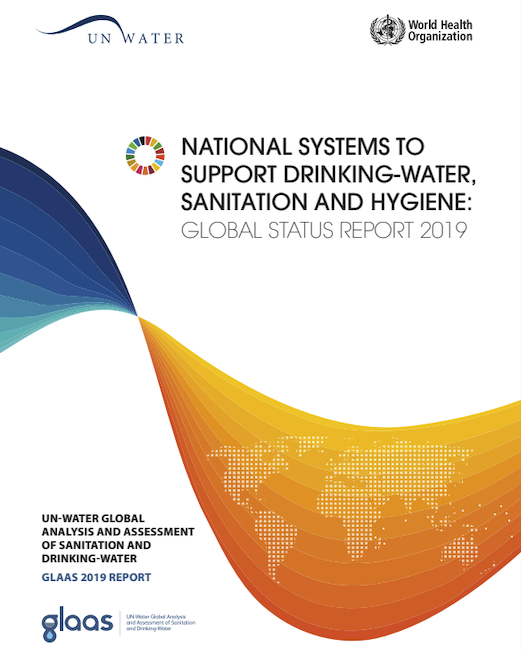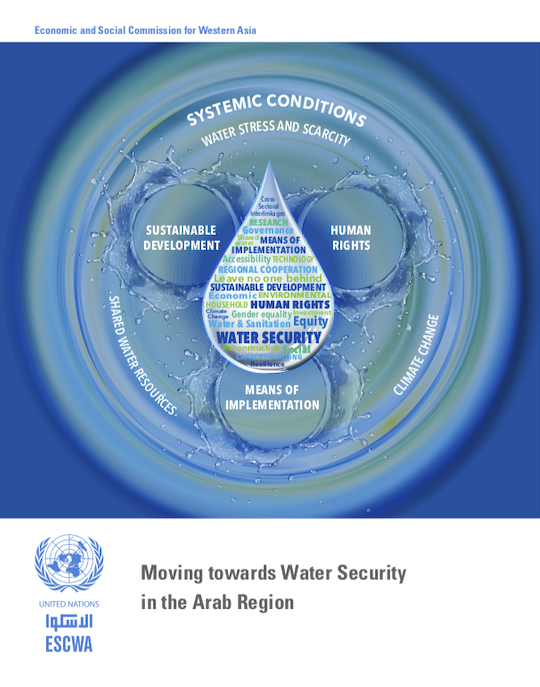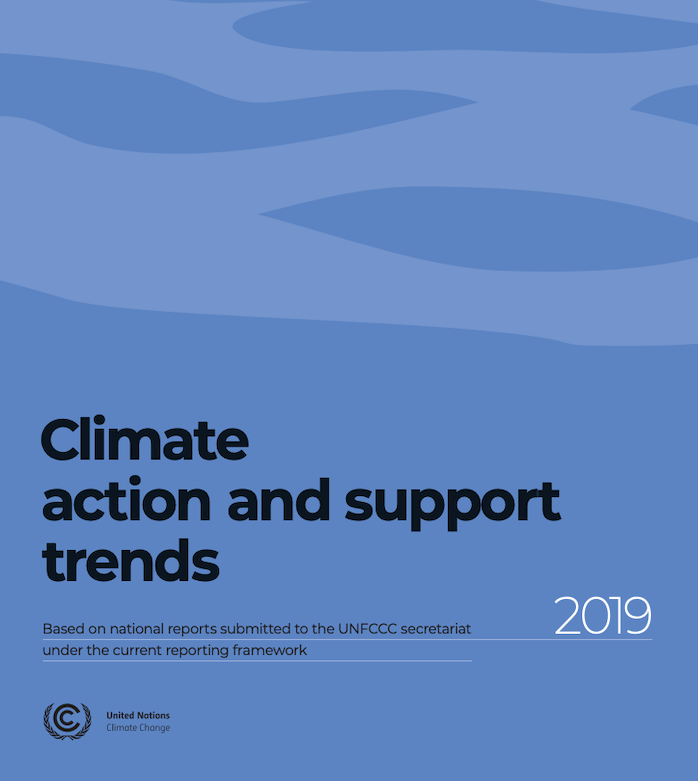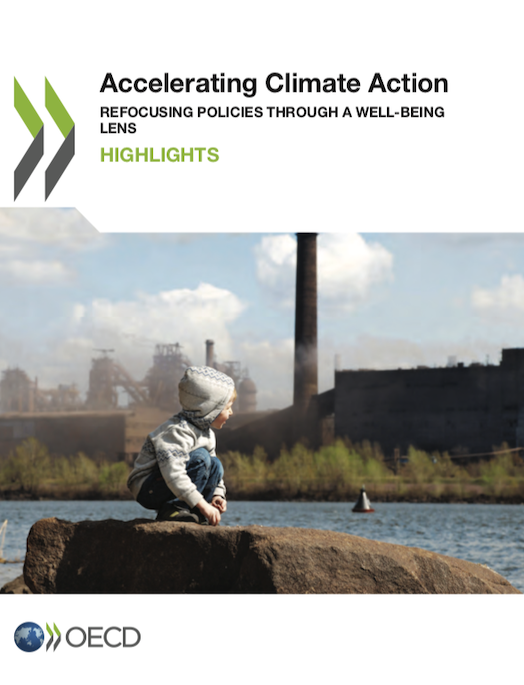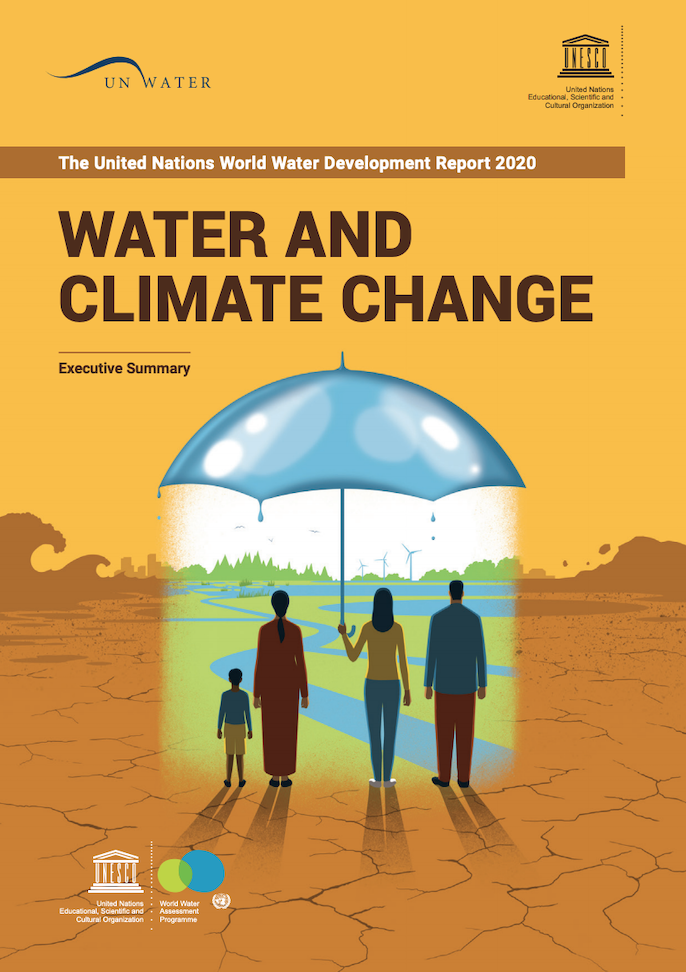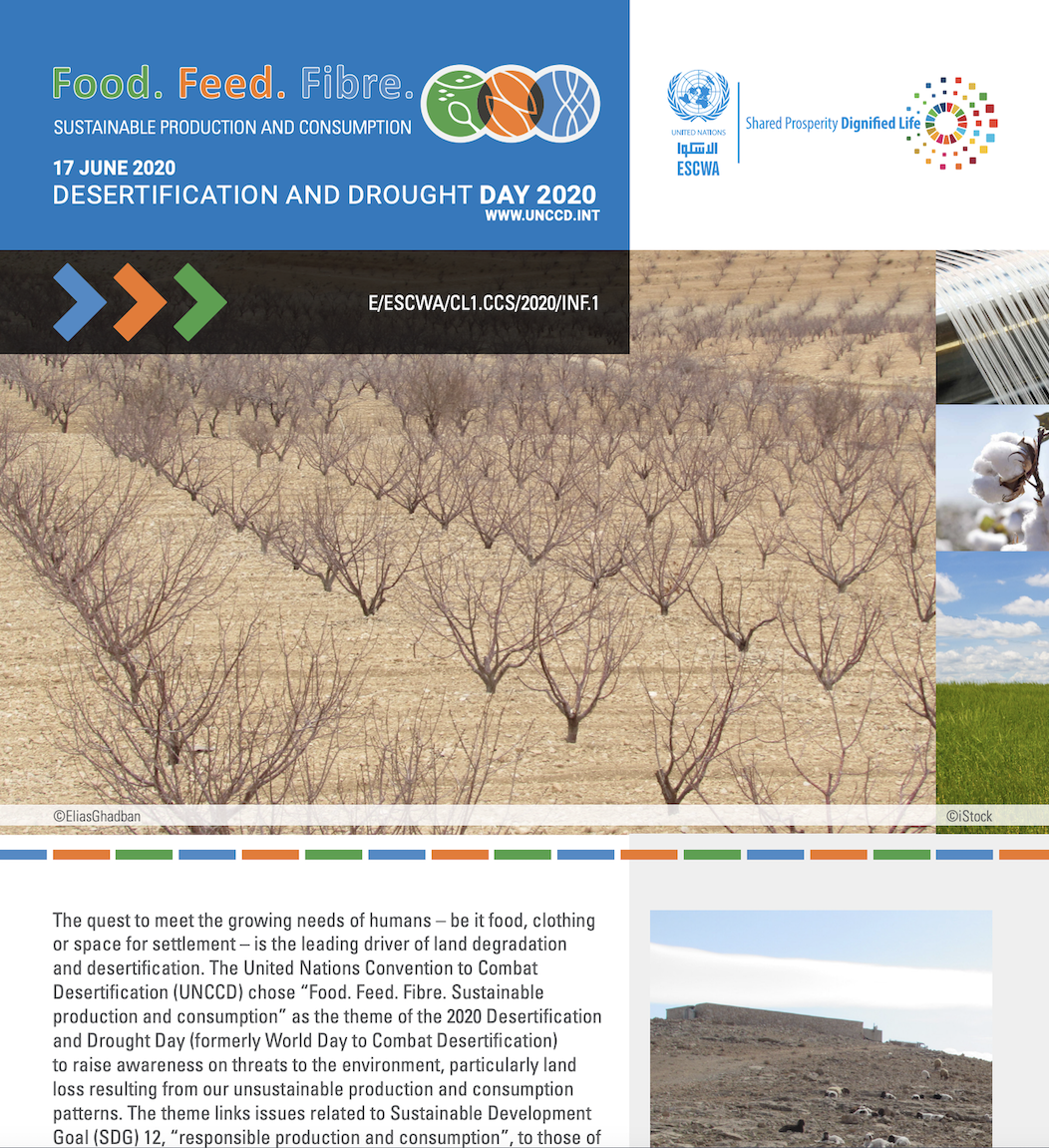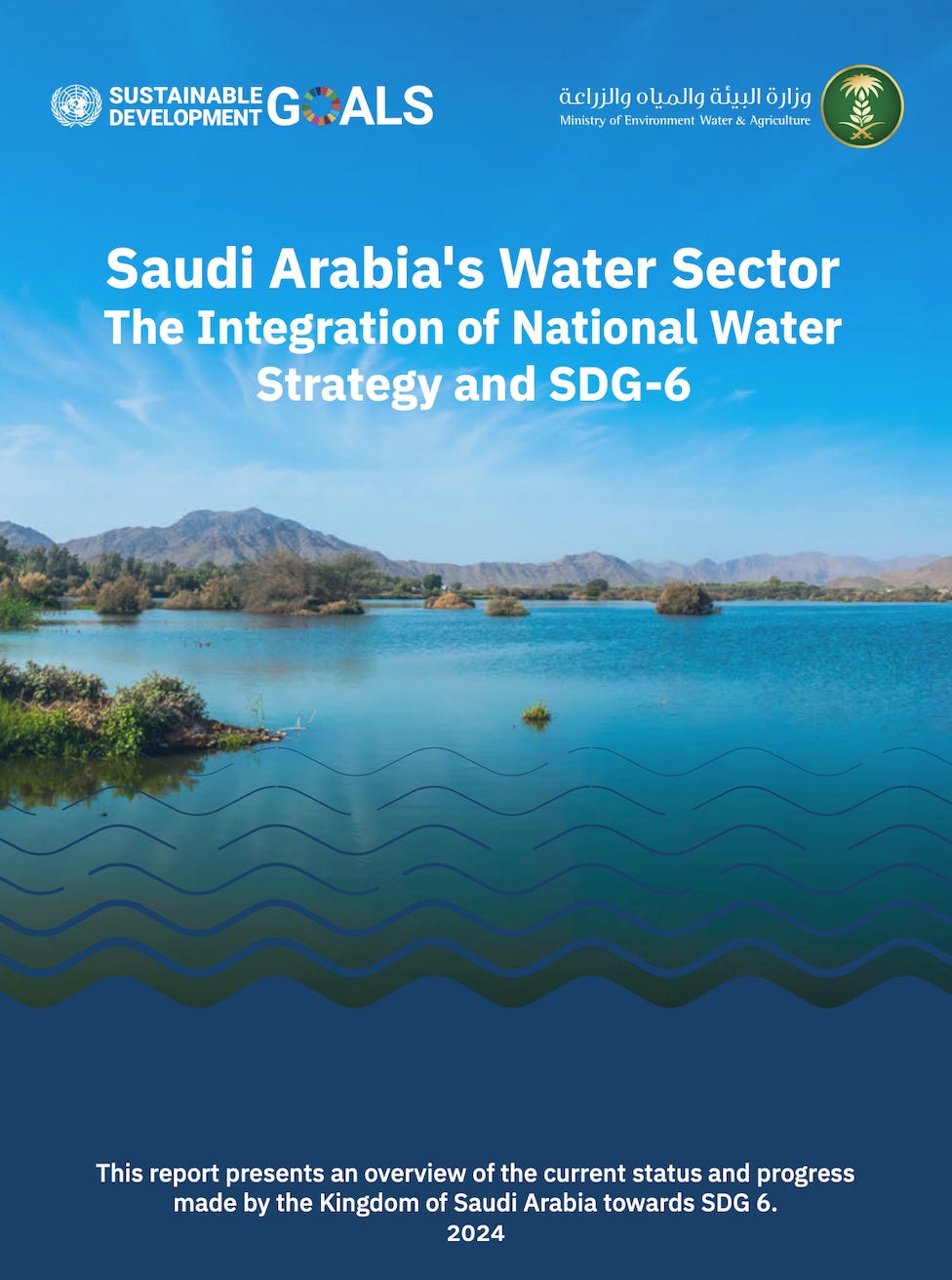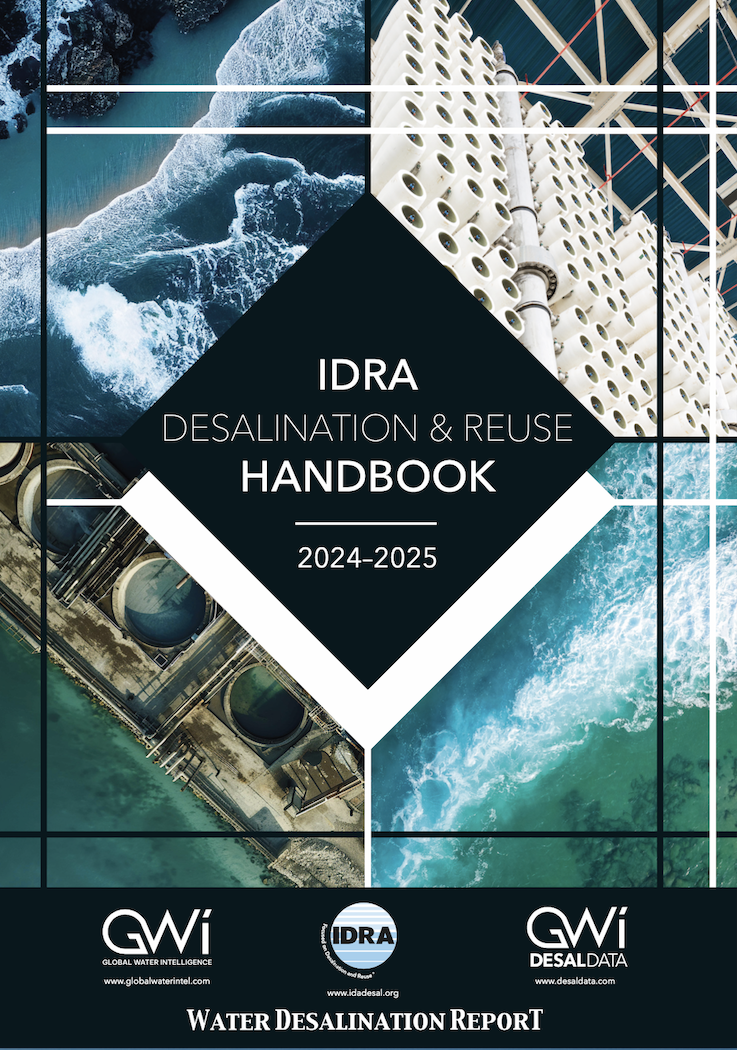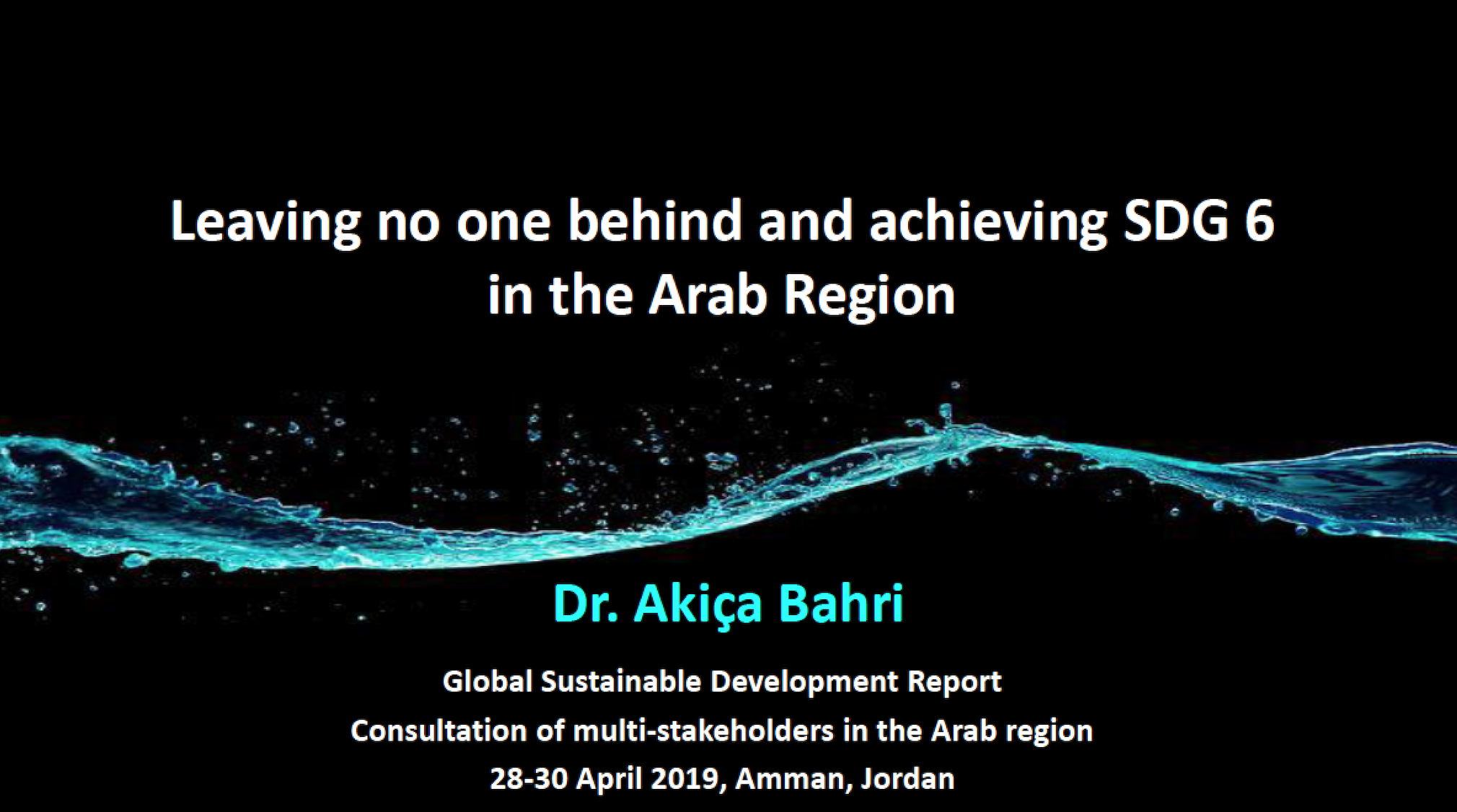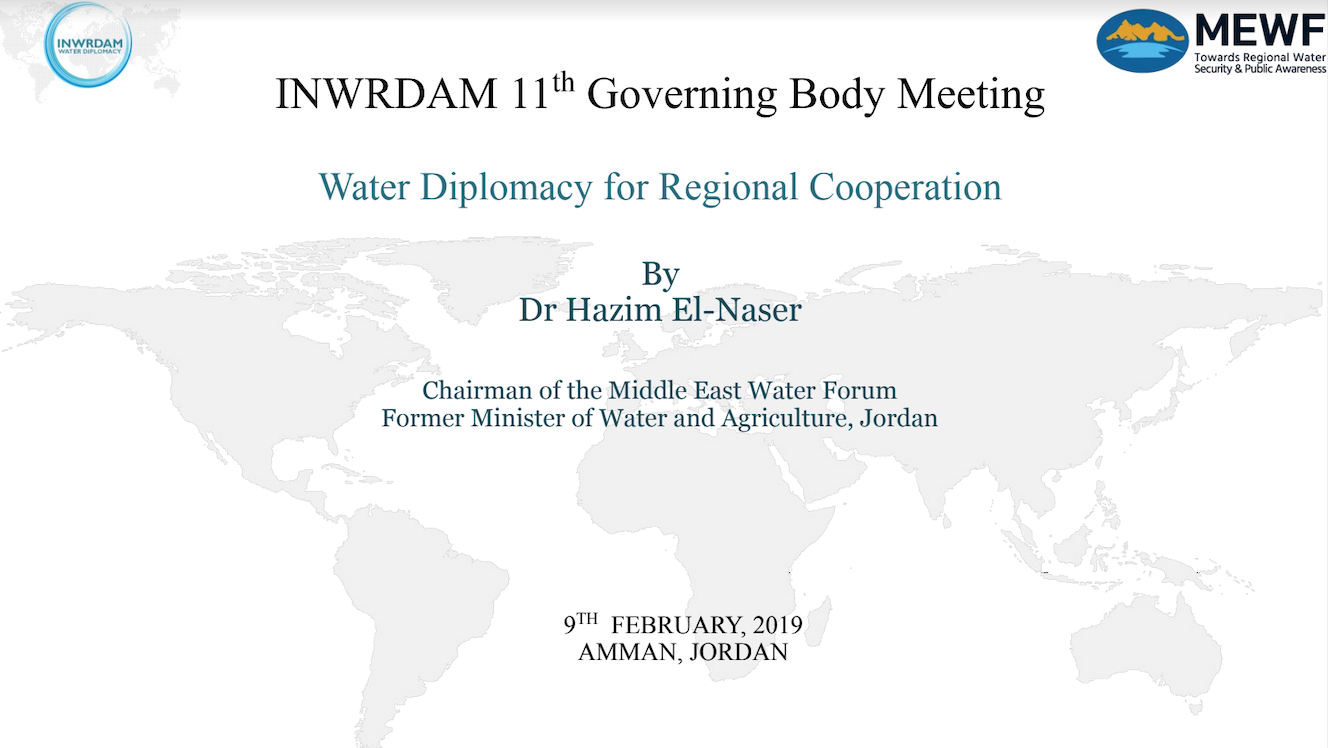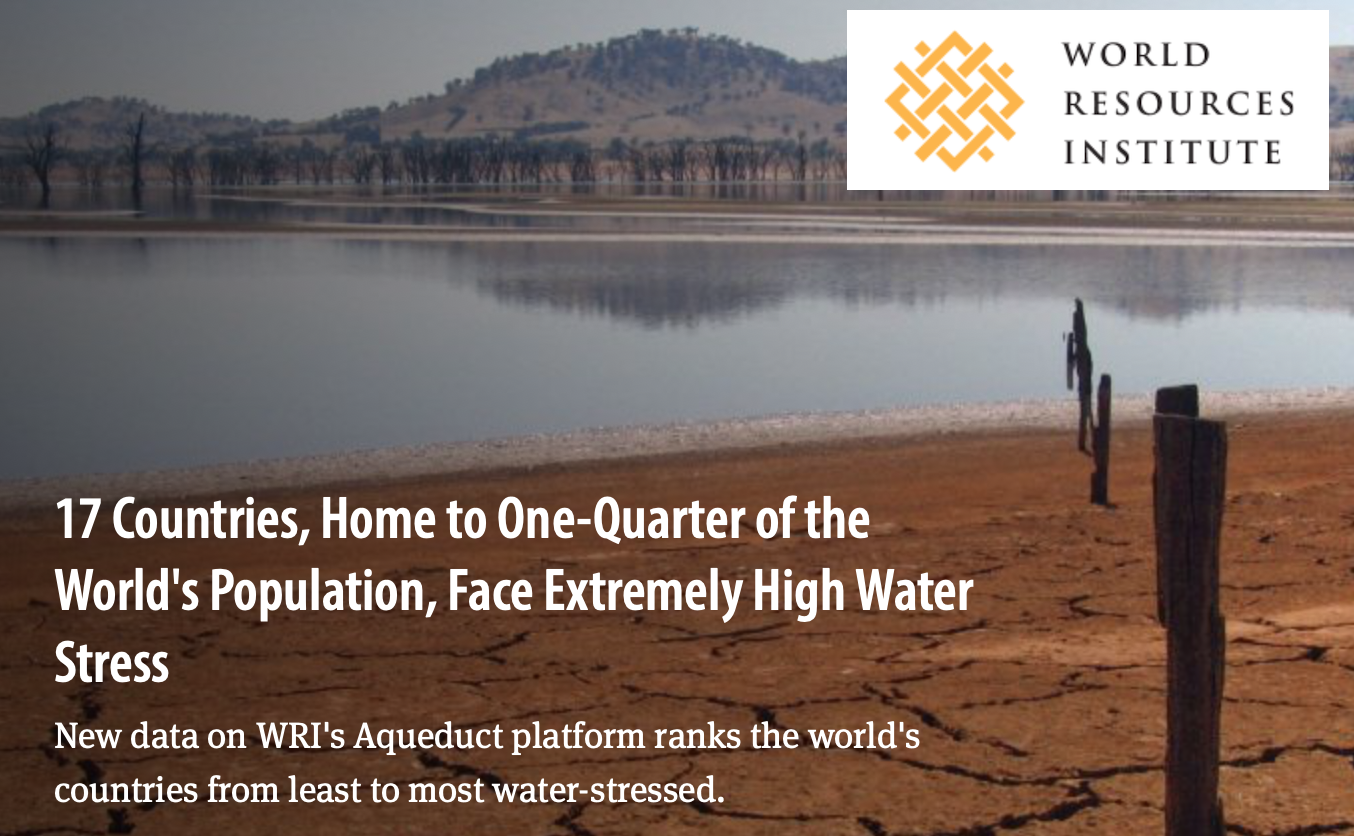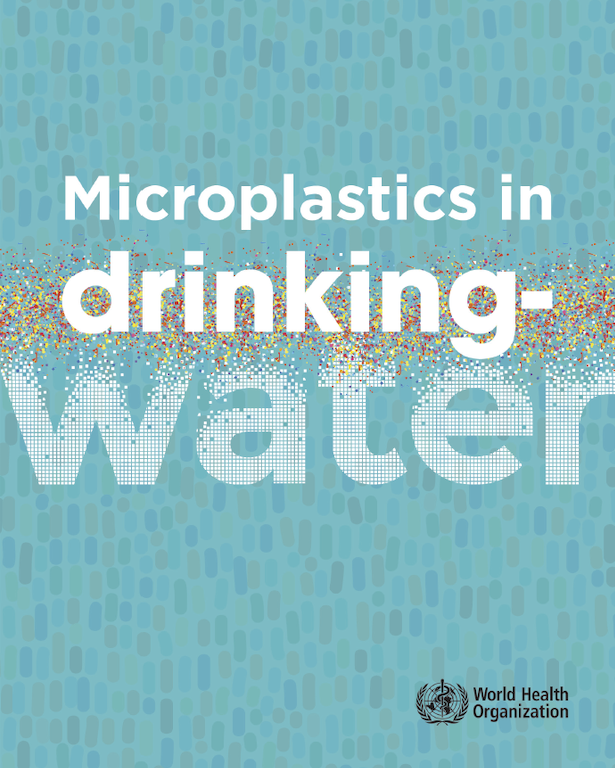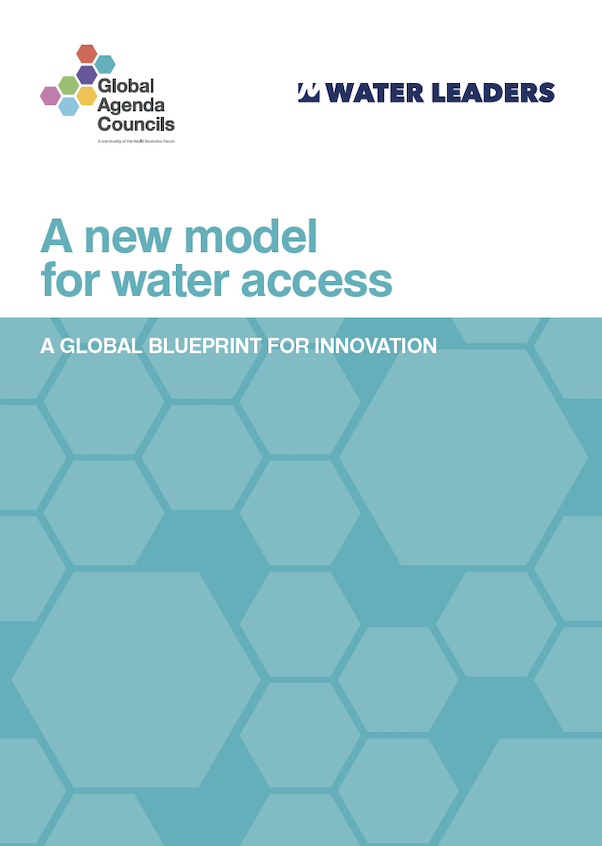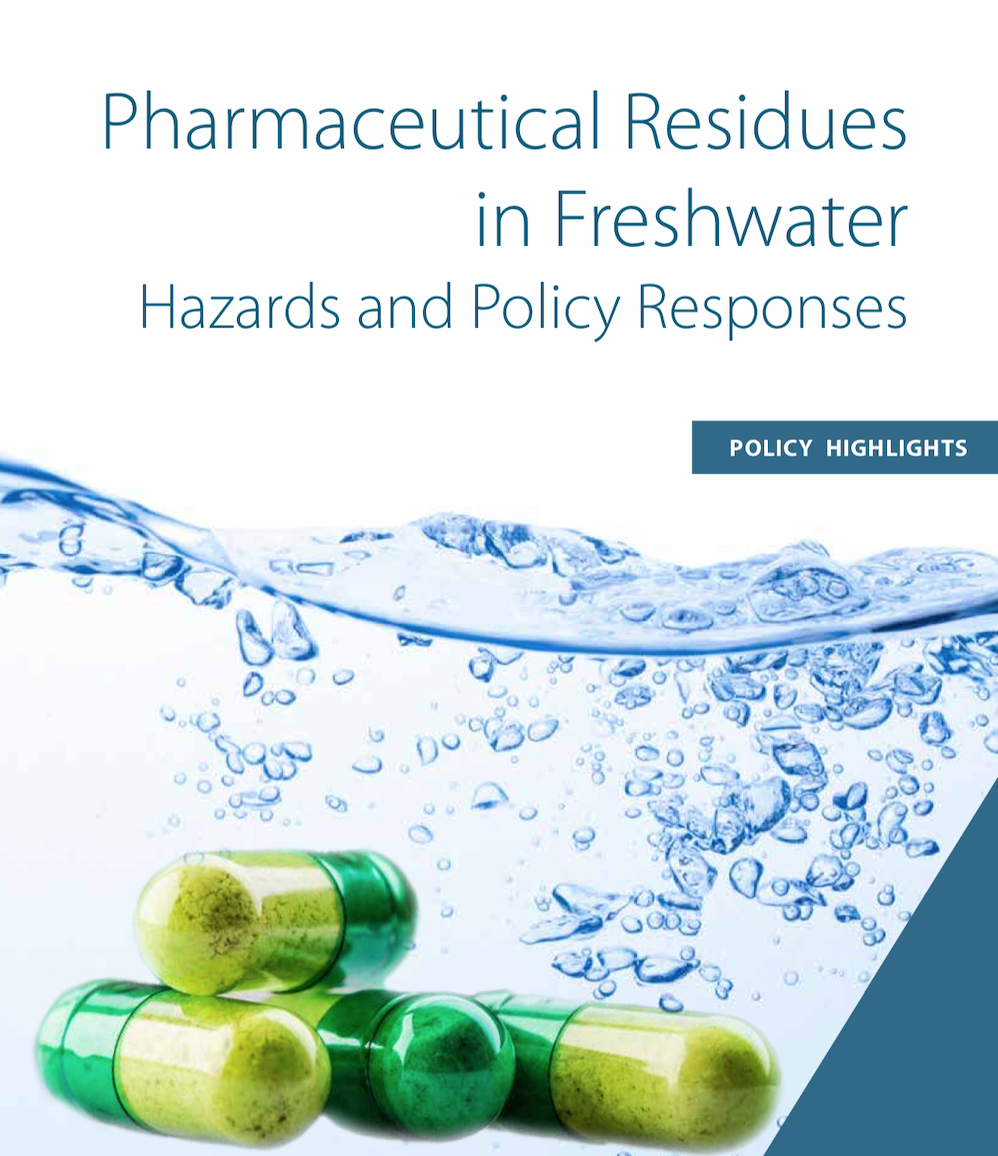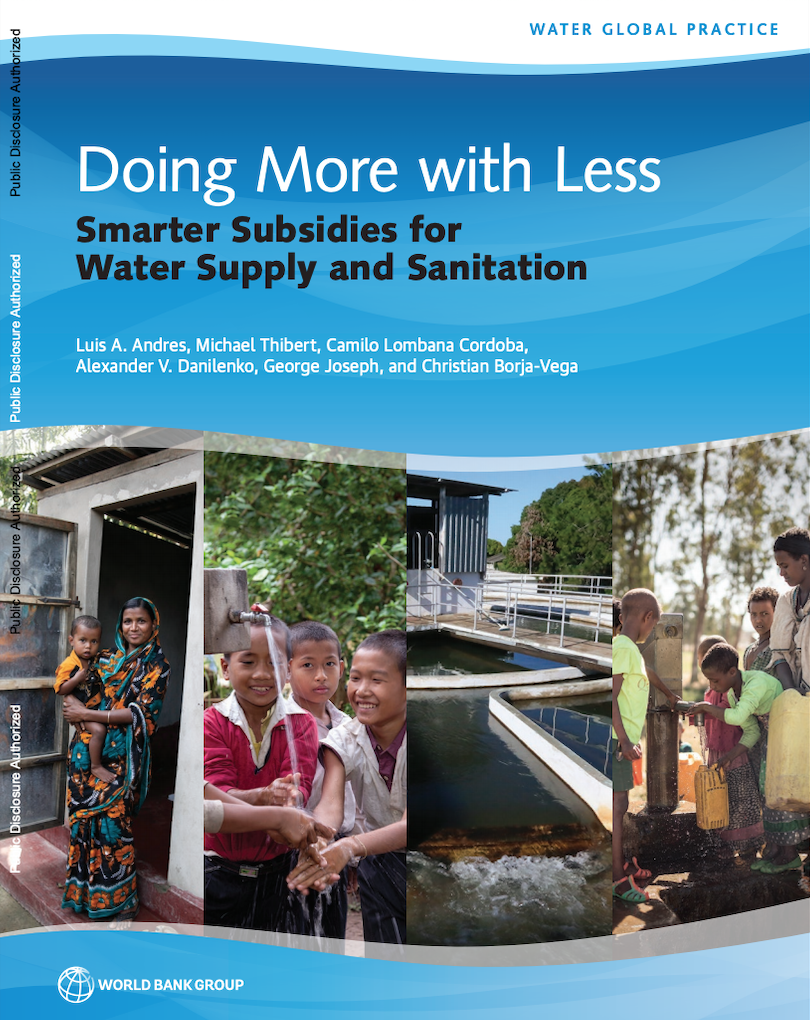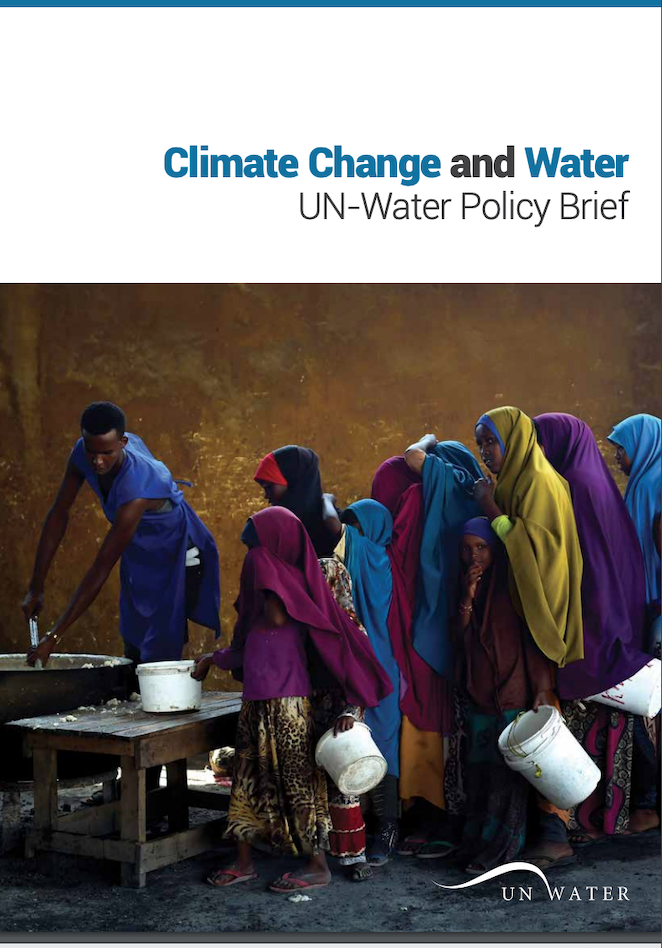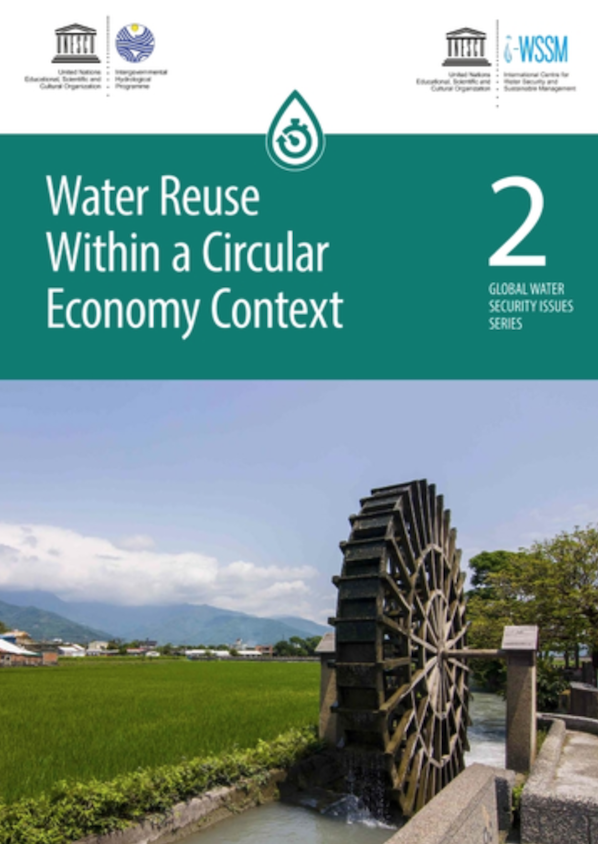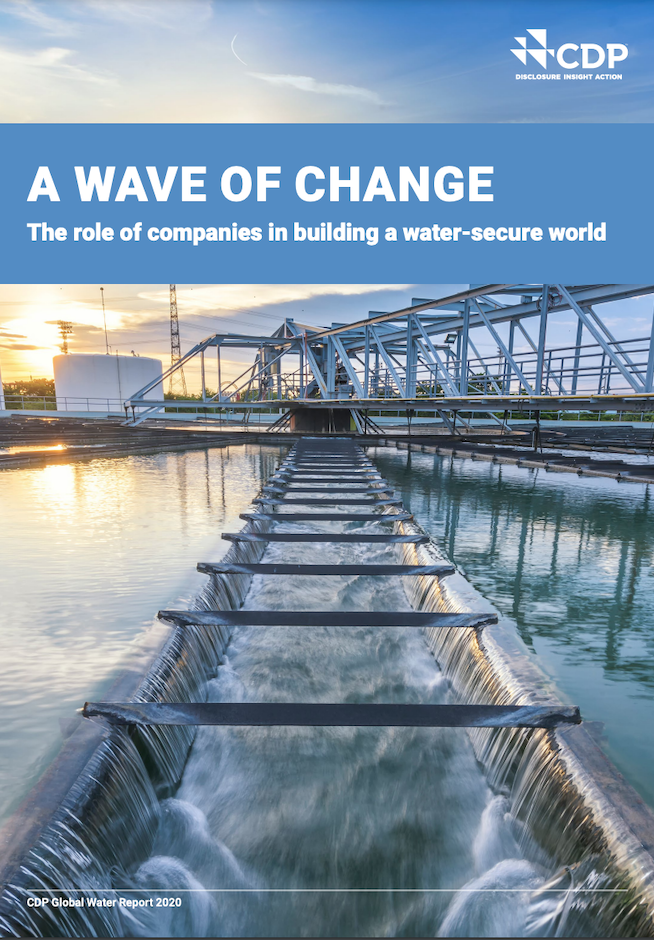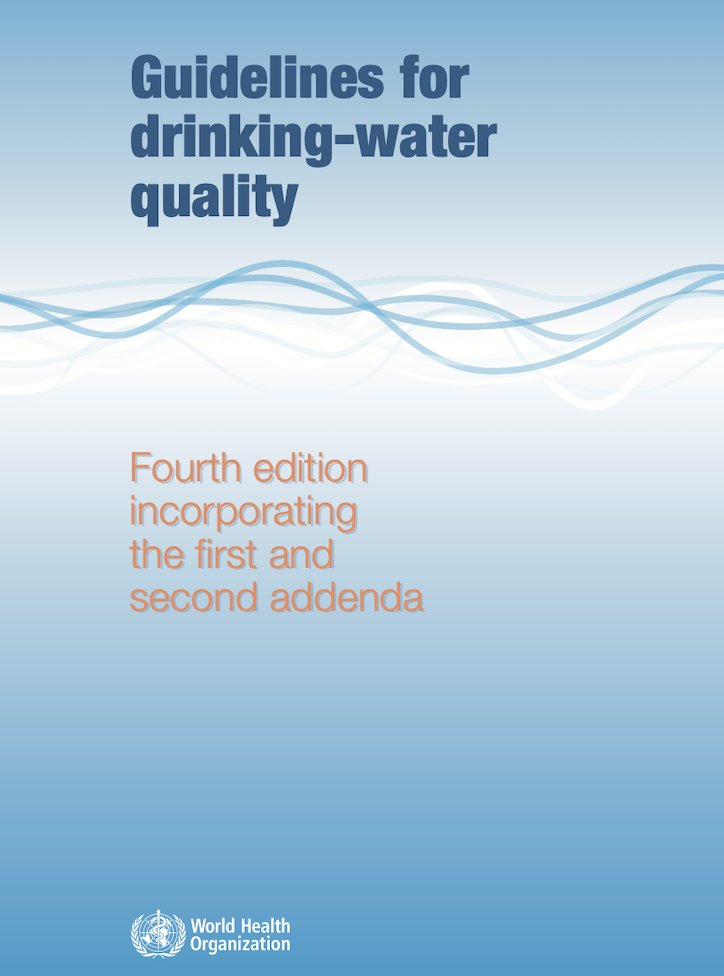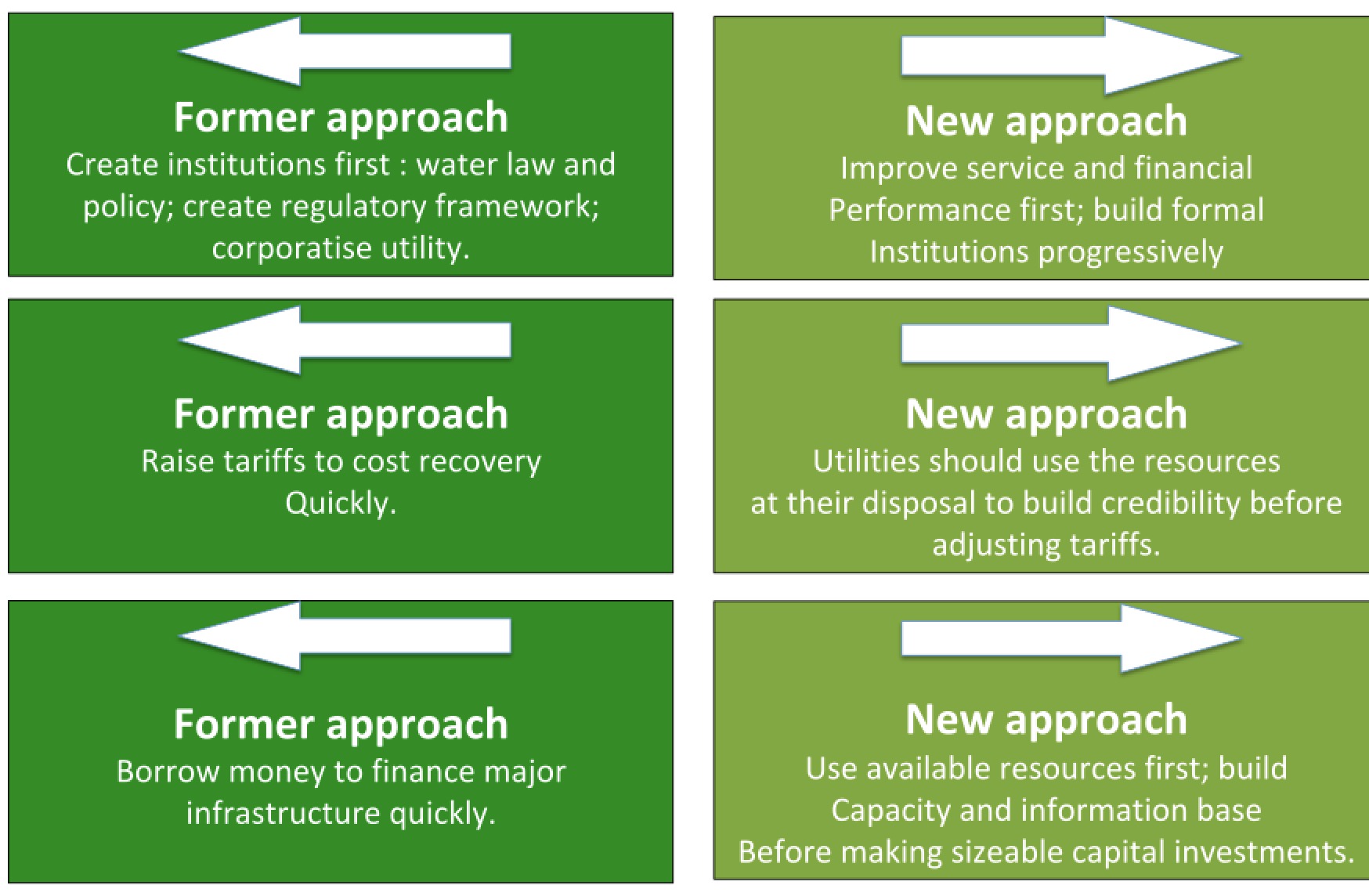
I have just arrived back from World Water Week, held every year in Stockholm. As one of the main focal points for global water issues, there was a lot to discuss. Here is what I took away from the event.
This year’s event was a silent disco.
Holding a conference with 14 parallel strands in a sports arena requires some creativity. The solution was to divide the stands with curtains and equip everyone with infra-red headphones which could be tuned into different channels to connect with the speakers’ microphones used in each track. It worked.
“Including all” needs more data.
Inclusivity was the theme of this year’s conference with speakers representing indigenous peoples and the disabled given prominent space in the opening plenary. The challenge is that the people who are most difficult to reach are also those whose access to water and sanitation is also most difficult to measure.
The World Bank produced some beautiful data on subsidies.
It showed that governments around the world spent $320 billion a year or 2.4% of regional GDP on subsidising water and sanitation, but this spending is remarkably poorly targeted. An average of 56% of subsidies are captured by the wealthiest 20% of the population while a mere 6% is captured by the poorest 20%. This is going to lead to some big changes in policy.
There is a new orthodoxy in water infrastructure finance.
A World Bank publication summed it up in a table entitled “The Evolution of Water Utility Reform Sequencing” contrasting the former approach and the new approach as follows:
See Schematic Diagram Above: Source, The World Bank
It is very much in line with the work that I have been doing with the German technical assistance agency GIZ on the Urban Water Catalyst Fund.
As we move from projects to programmes things will get complex.
Development finance used to be about laying out big chunks of money for individual infrastructure projects. In the future it is going to involve a much more complex mix of large and small disbursements on different terms and aimed at achieving different objectives. This is in part because of the the new orthodoxy in finance (as described above) and in part because of growing pressure to address the interlinkages in the sector (for example between water supply, sanitation, urban resilience, catchment protection, ocean pollution and the rest). This is going to be quite challenging for the development finance sector. I can’t see a way it can happen without better coordination between the different players.
Entrepreneurs are becoming a force in the goodness business.
In terms of acronyms, B2C (business to consumer) models are growing faster than G2G (government to government) and NGO (non-governmental organisation) solutions. At Stockholm this was reflected in the growing presence of for-profit off-grid provision. On the drinking water side a new umbrella organisation called the iW+ Coalition was launched to bring together water technology businesses that aim to reach customers beyond utility networks in low income countries. It complements the Toilet Board Coalition. The thinking is that the entrepreneurs developing off-grid solutions to the Sustainable Development Goals for water and sanitation don’t compete directly with each other, but they can gain better visibility with investors and other supporters by clubbing together.
Water is like a selfish boyfriend.
We always seem to find a way of turning the conversations around to ourselves. Whether it is single-use plastics or fires in the Amazon rainforest, World Water Week always finds a way of inserting water management into the centre of the crisis.
Source: GWi Magazine
 mike-porue
mike-porue
Hope we see improvement in the neat future.
thank you for sharing the overview
 dr-hazim-el-naser-1
dr-hazim-el-naser-1
 susan-muller
susan-muller
That is very interesting and if they will really change such poor policies then we can say, yes we are in the right direction.
An average of 56% of subsidies are captured by the wealthiest 20% of the population while a mere 6% is captured by the poorest 20%. This is going to lead to some big changes in policy.
I hope we will see changes in the near future, let us see...
 dr-hazim-el-naser-1
dr-hazim-el-naser-1

